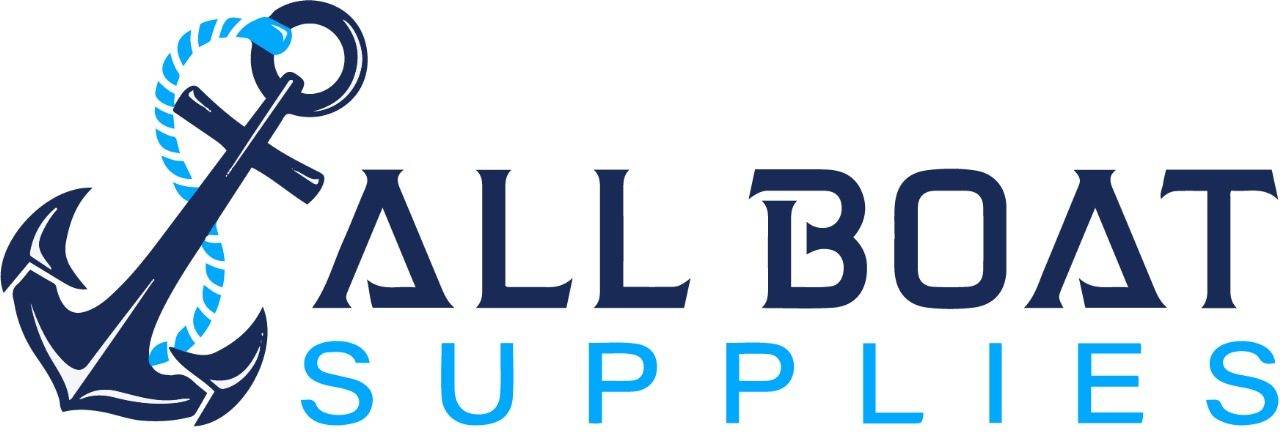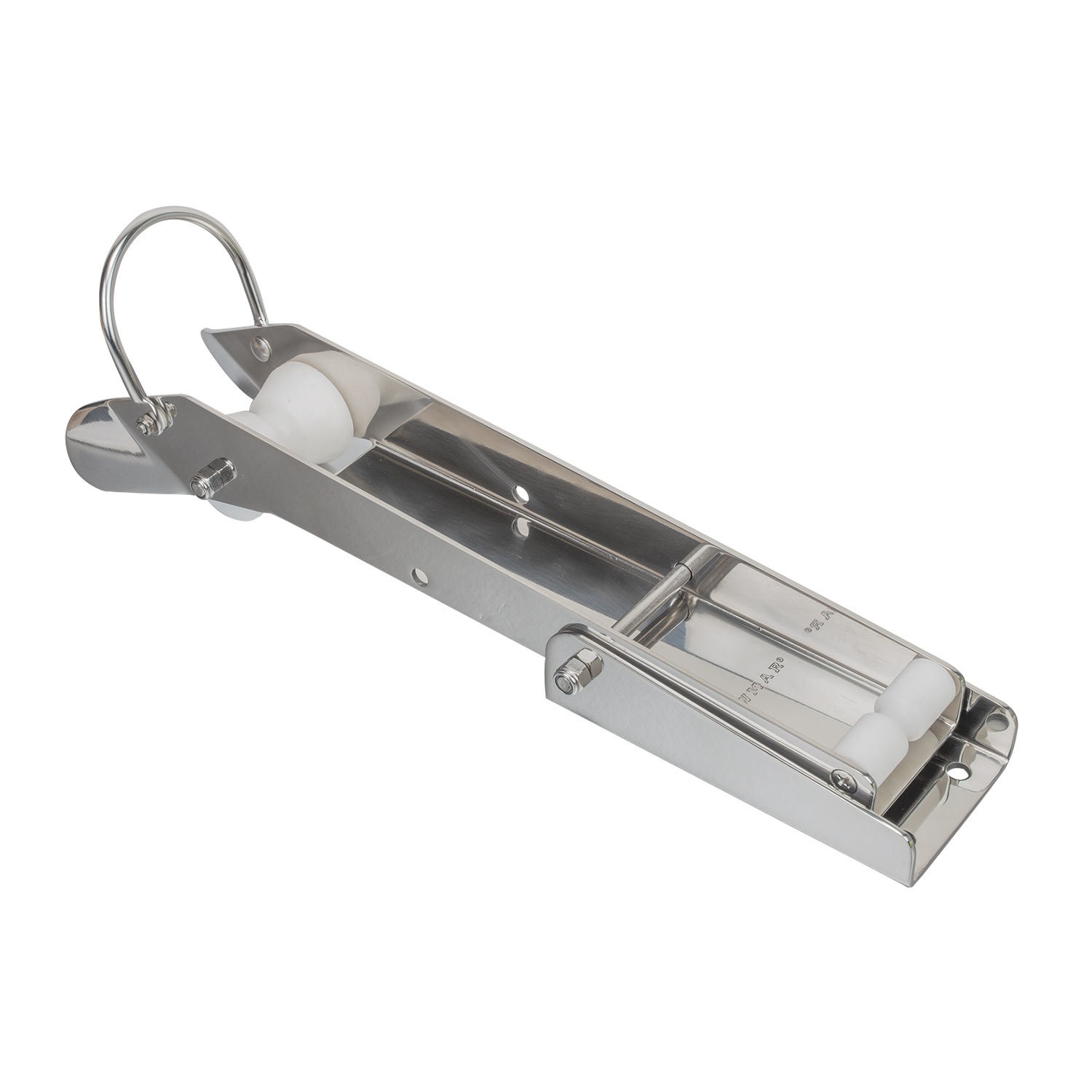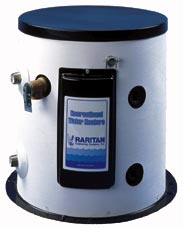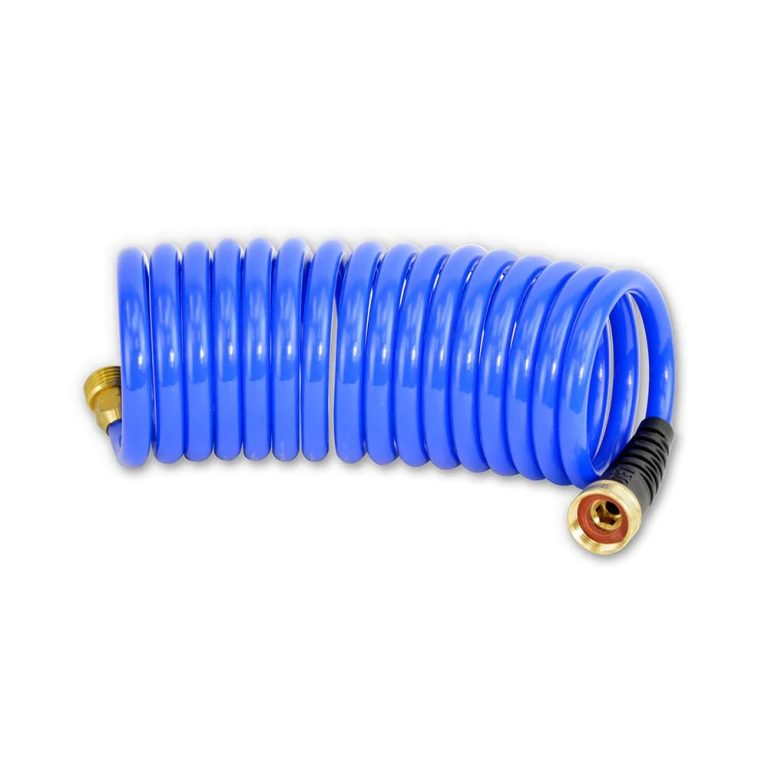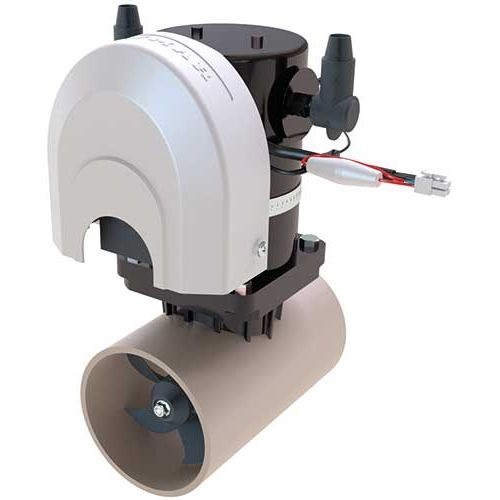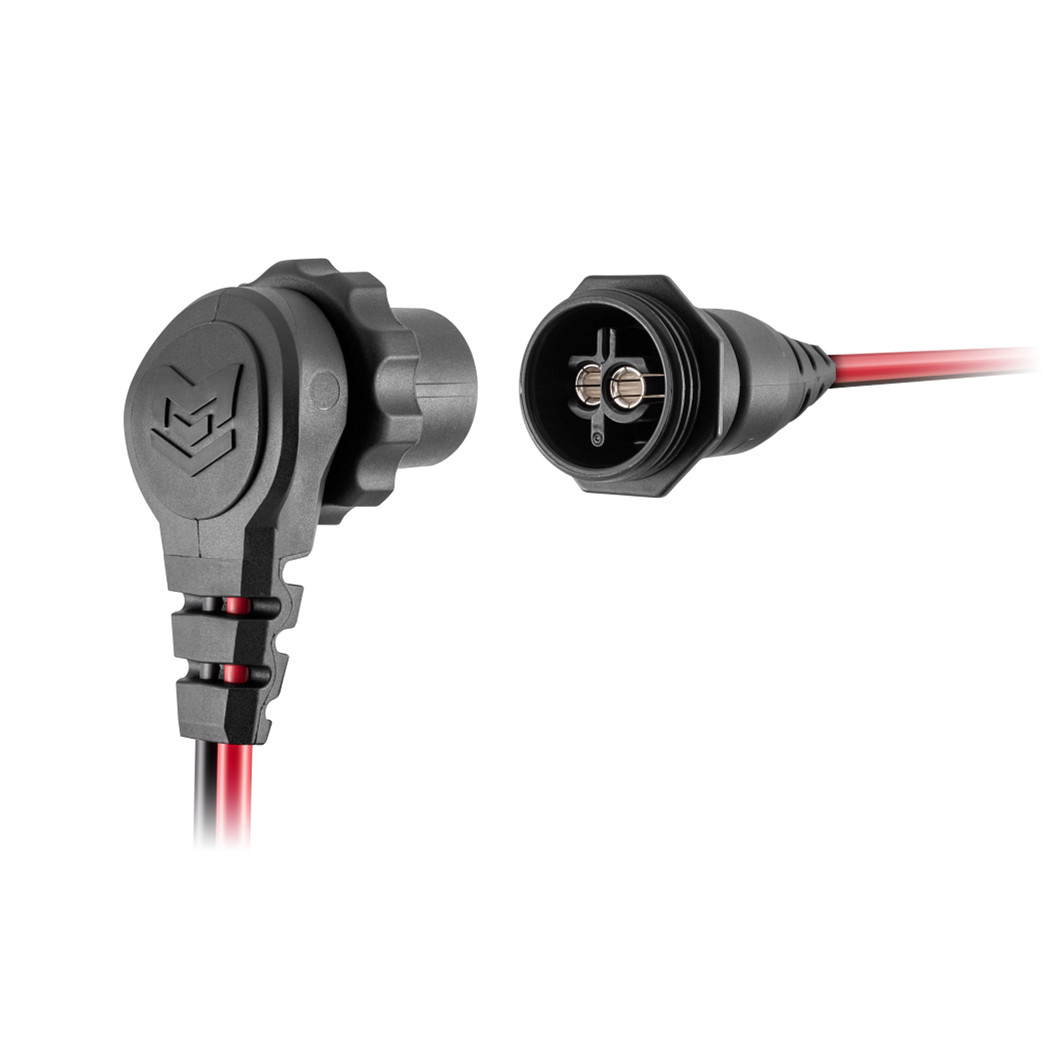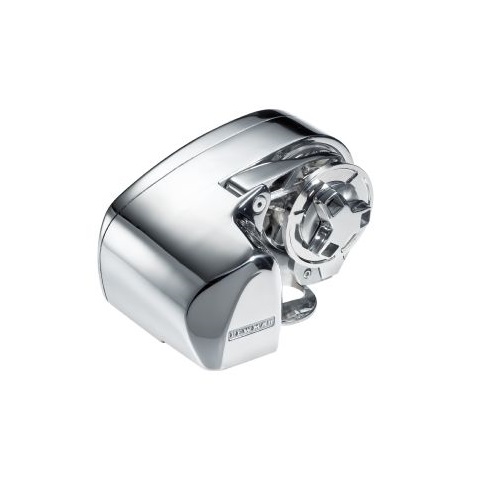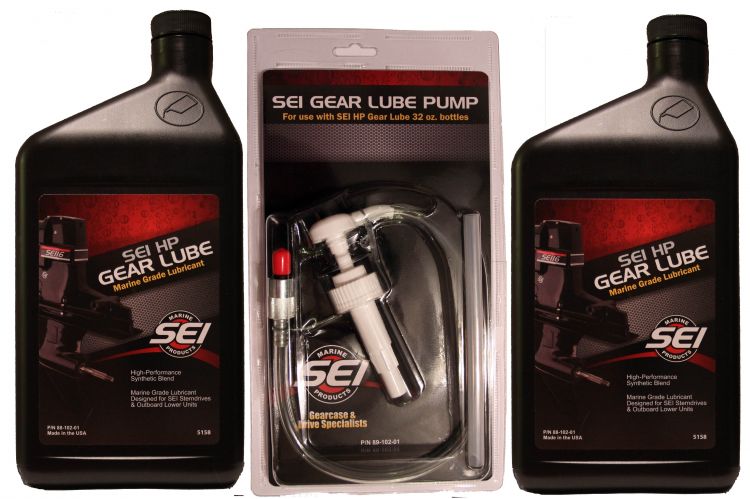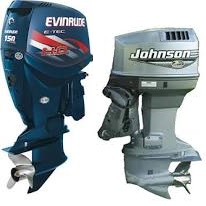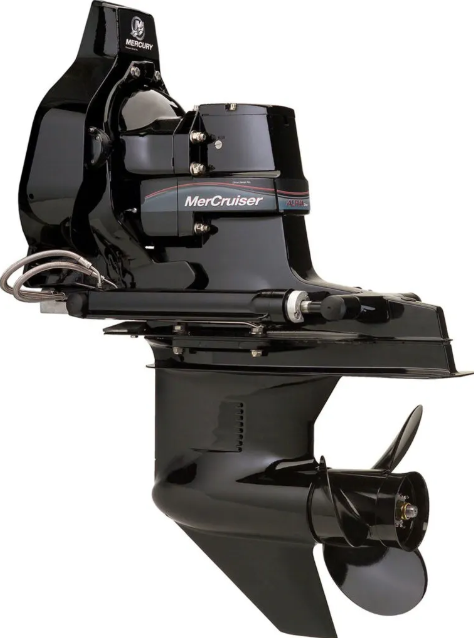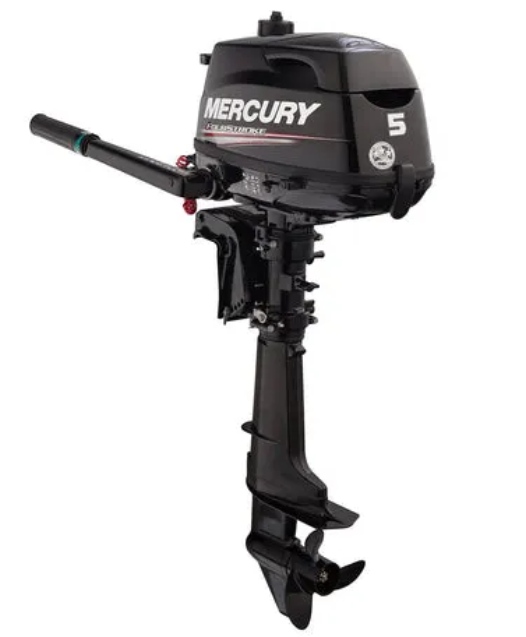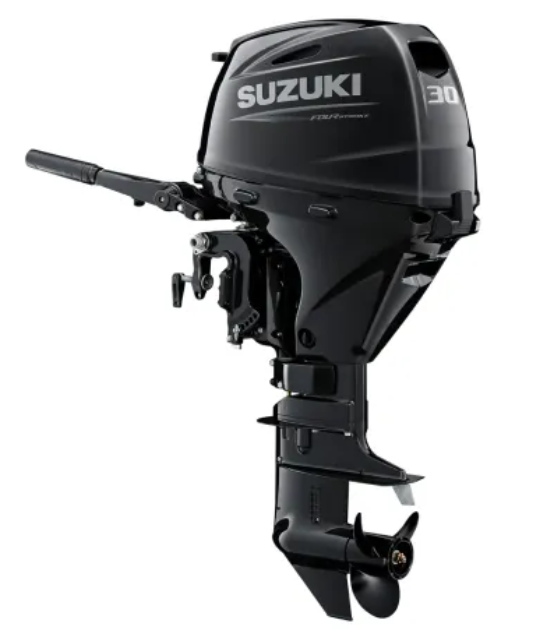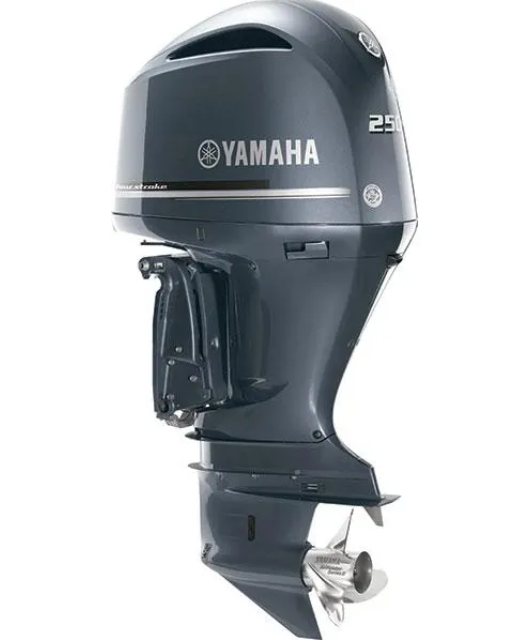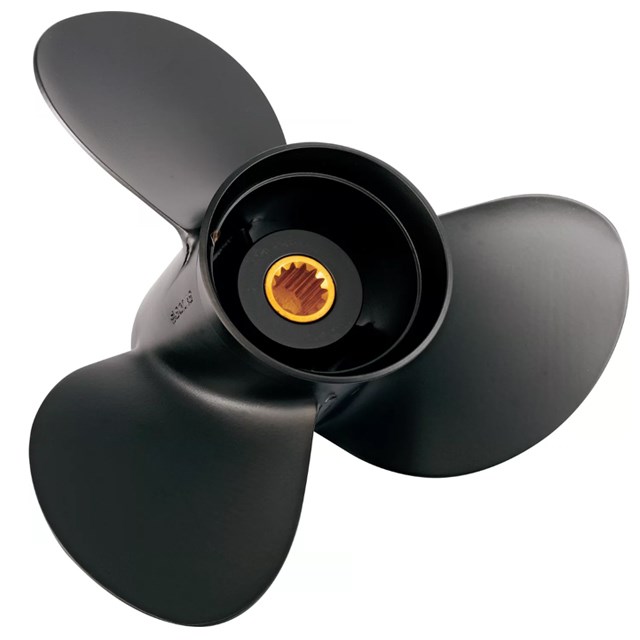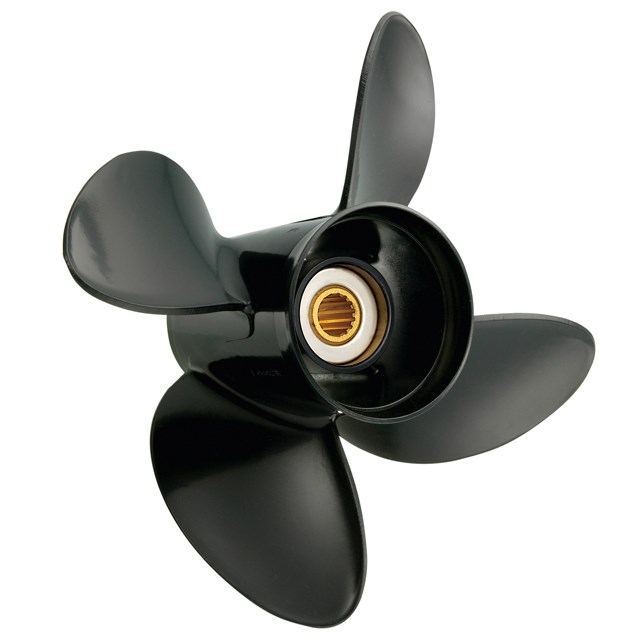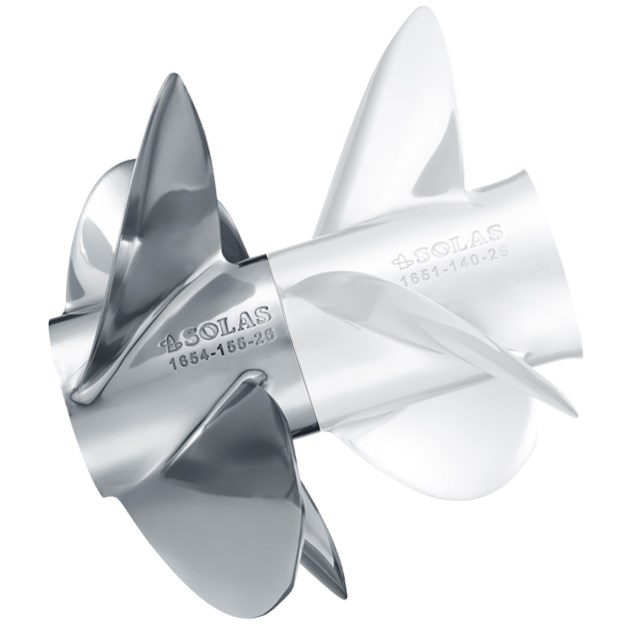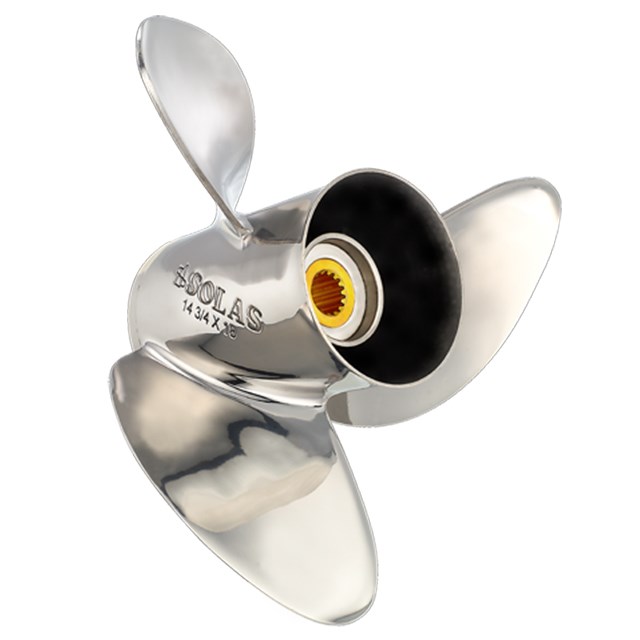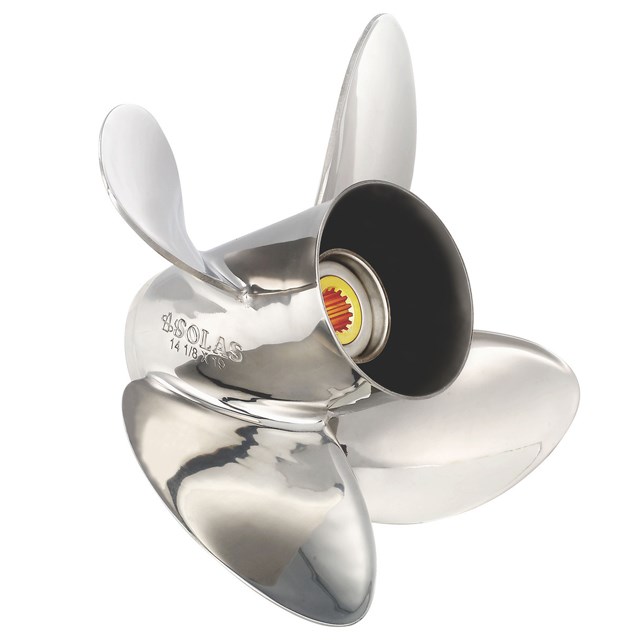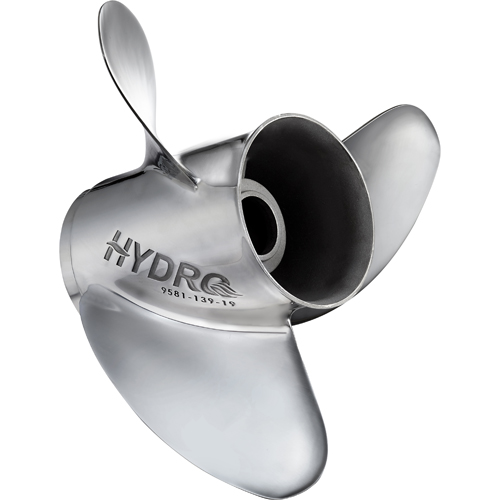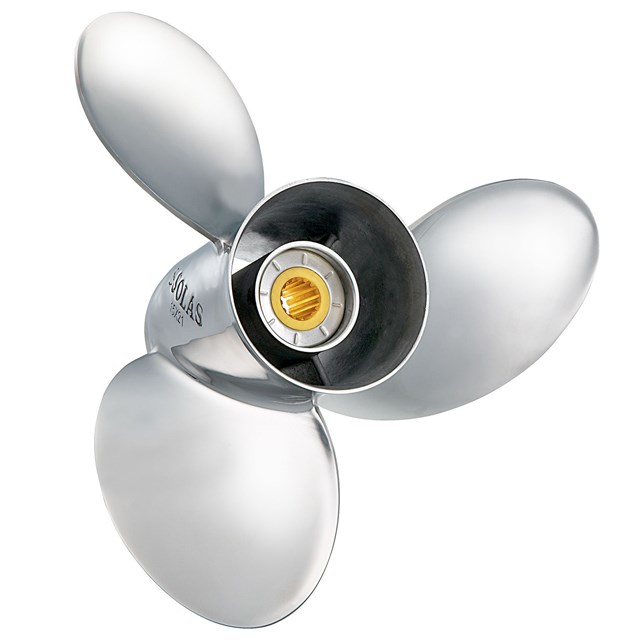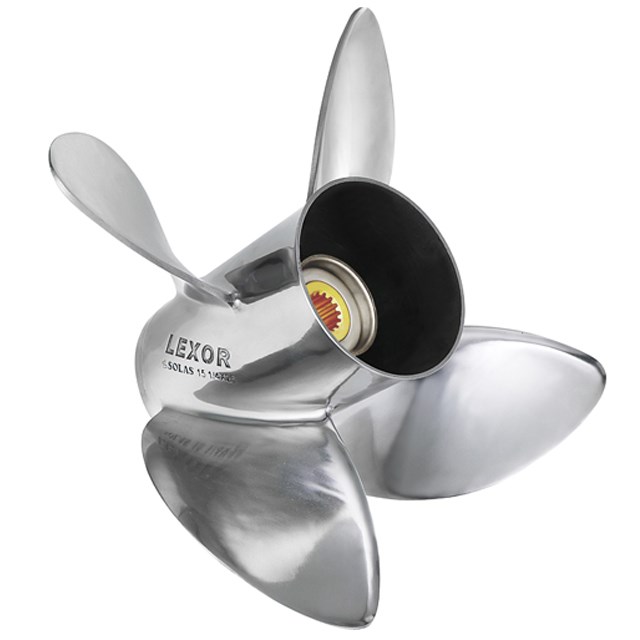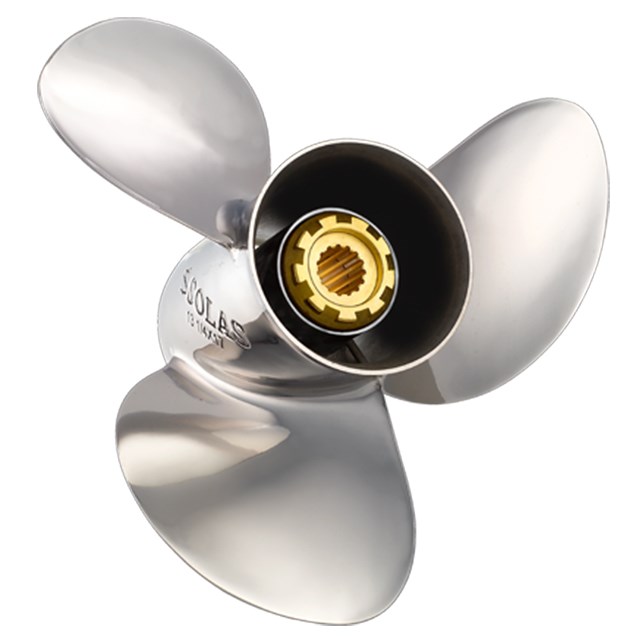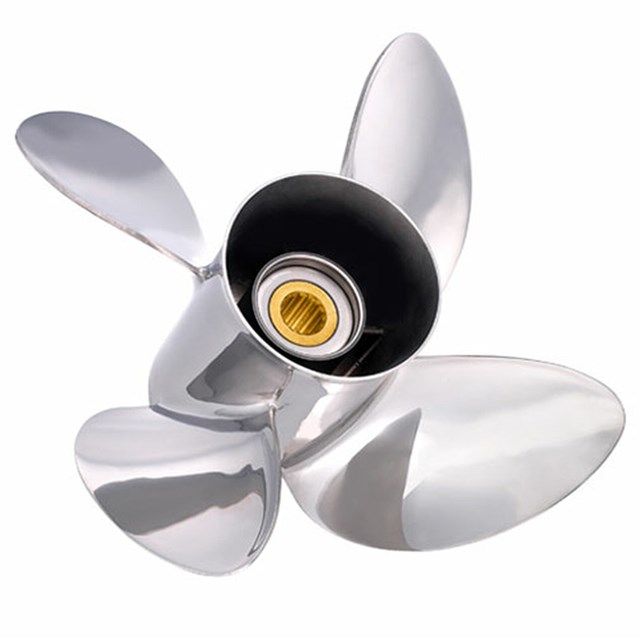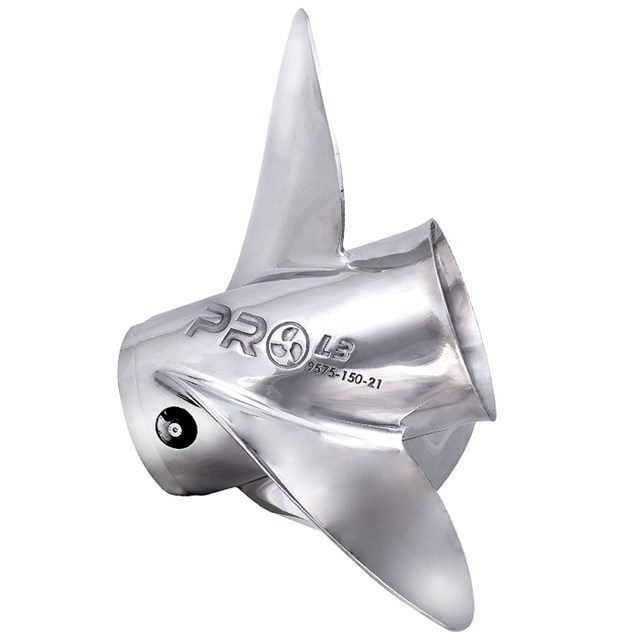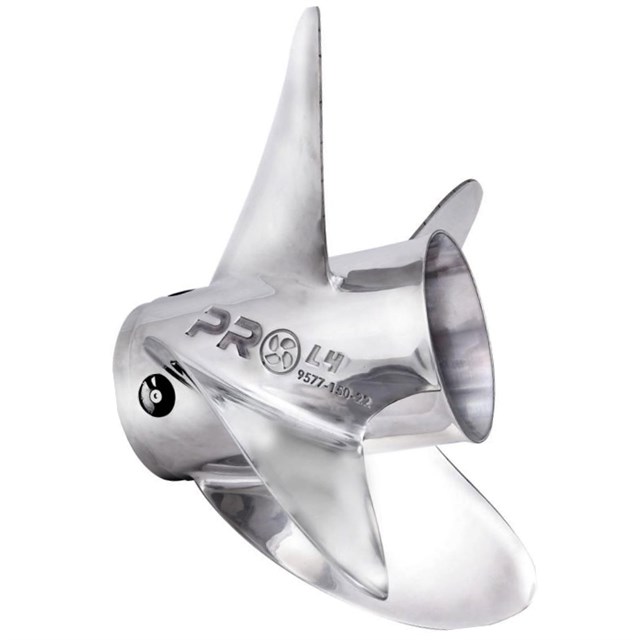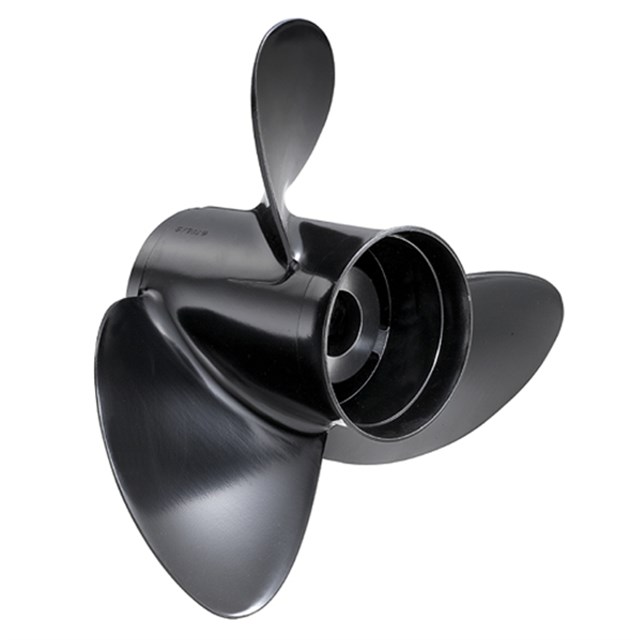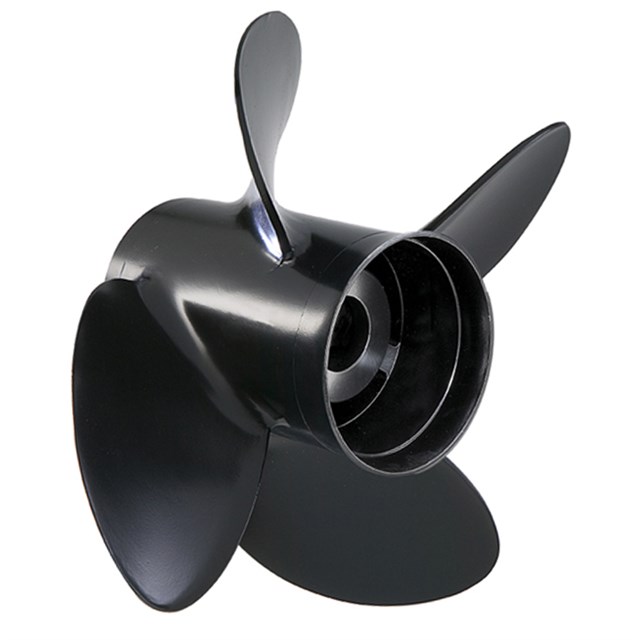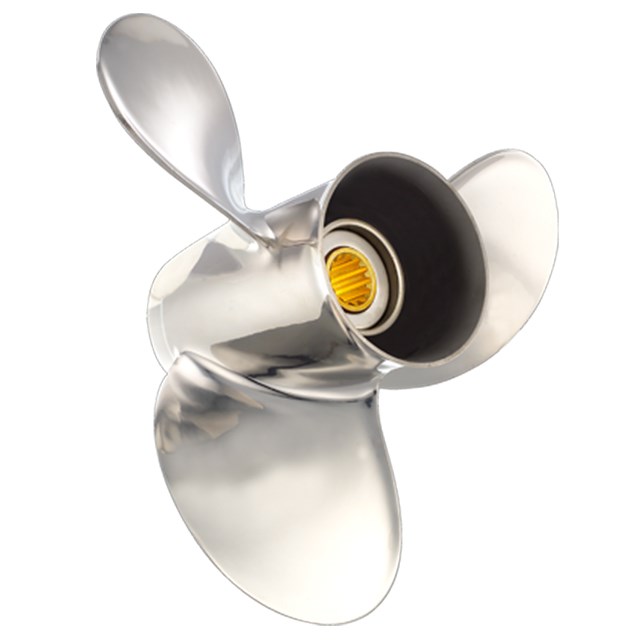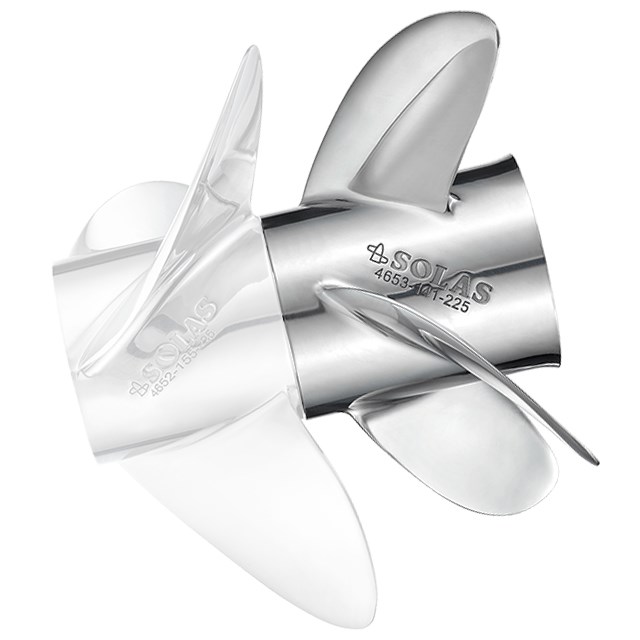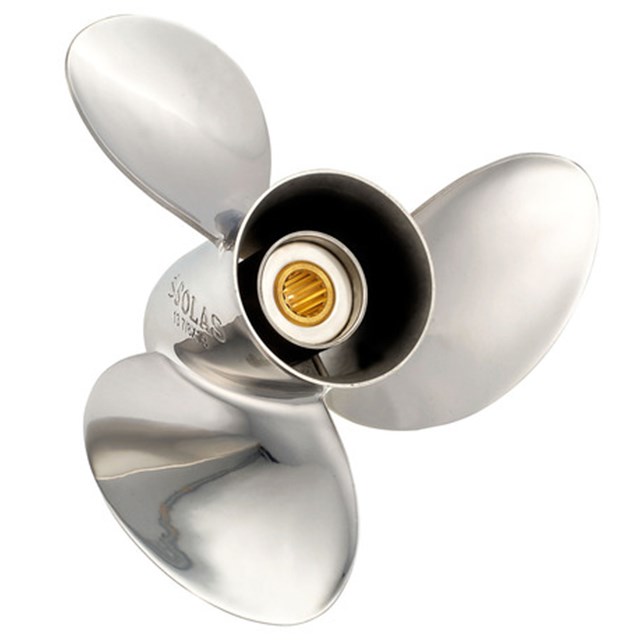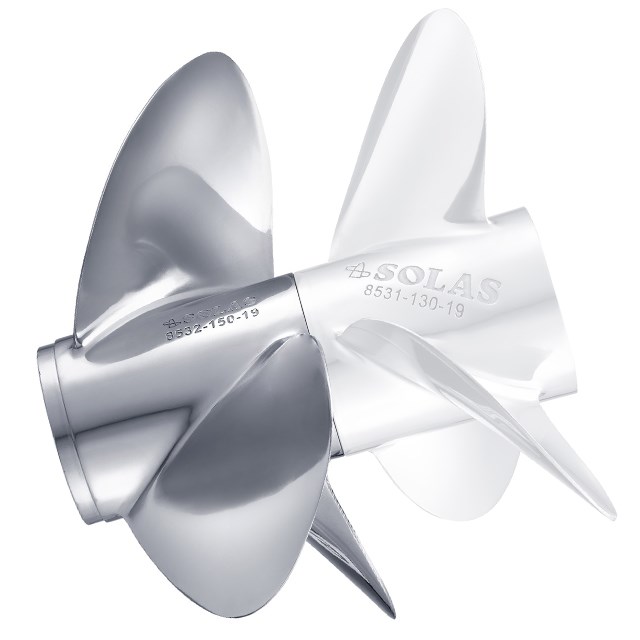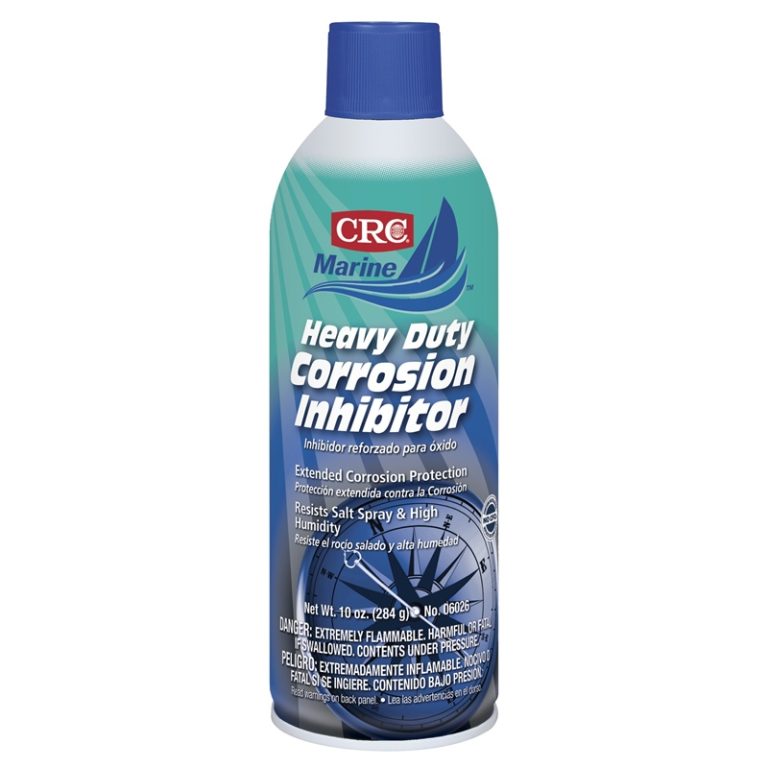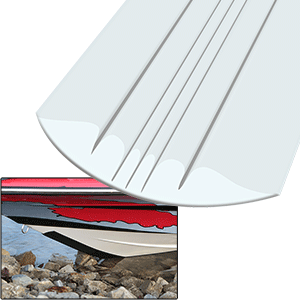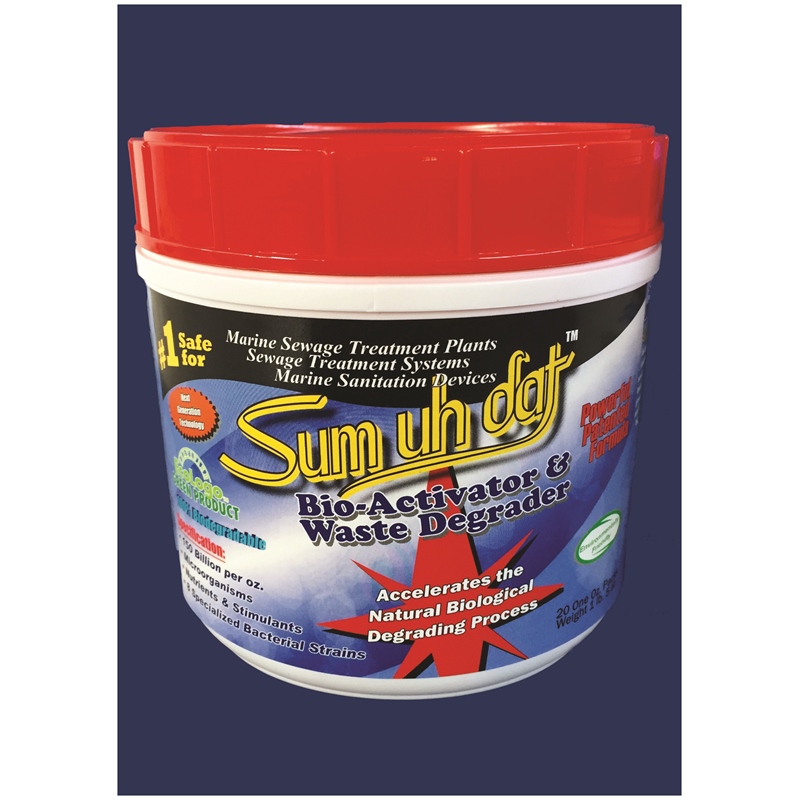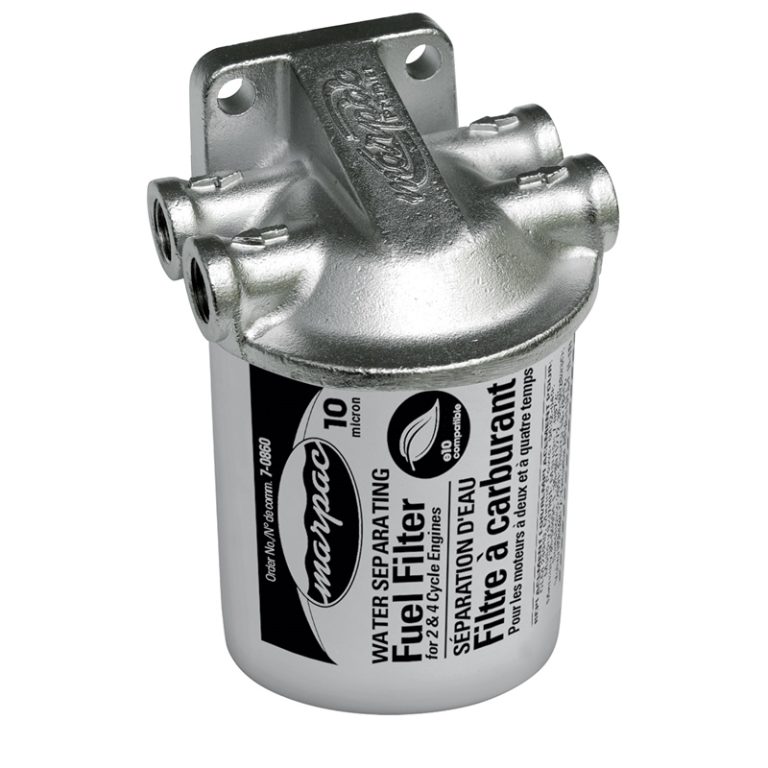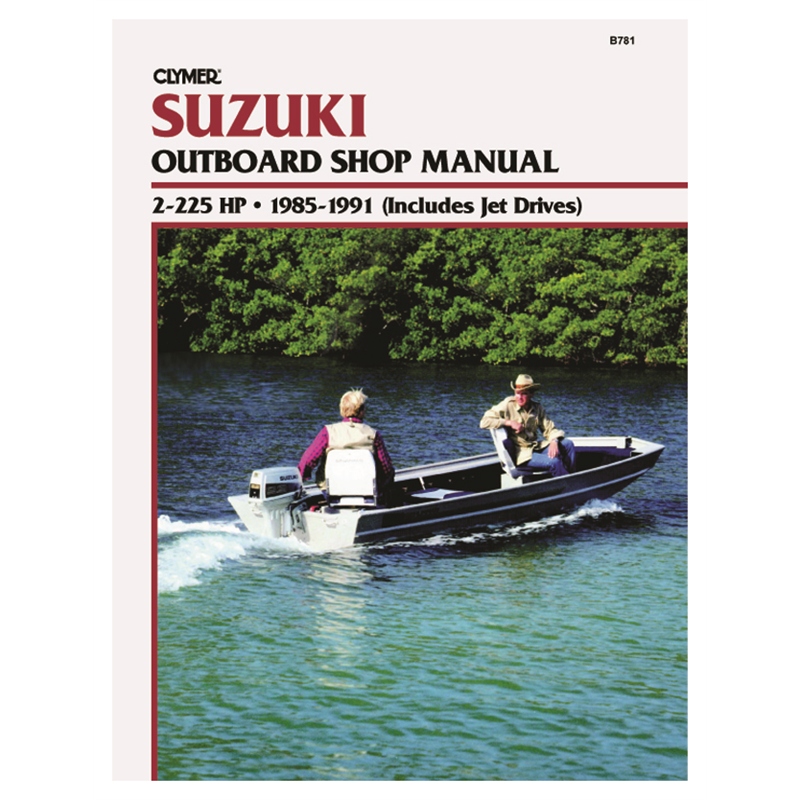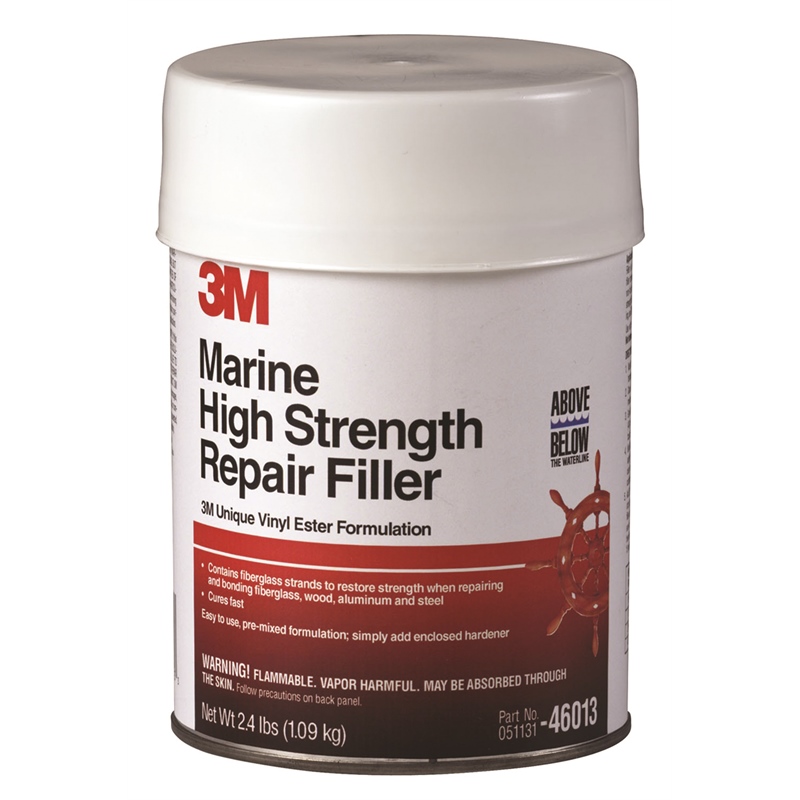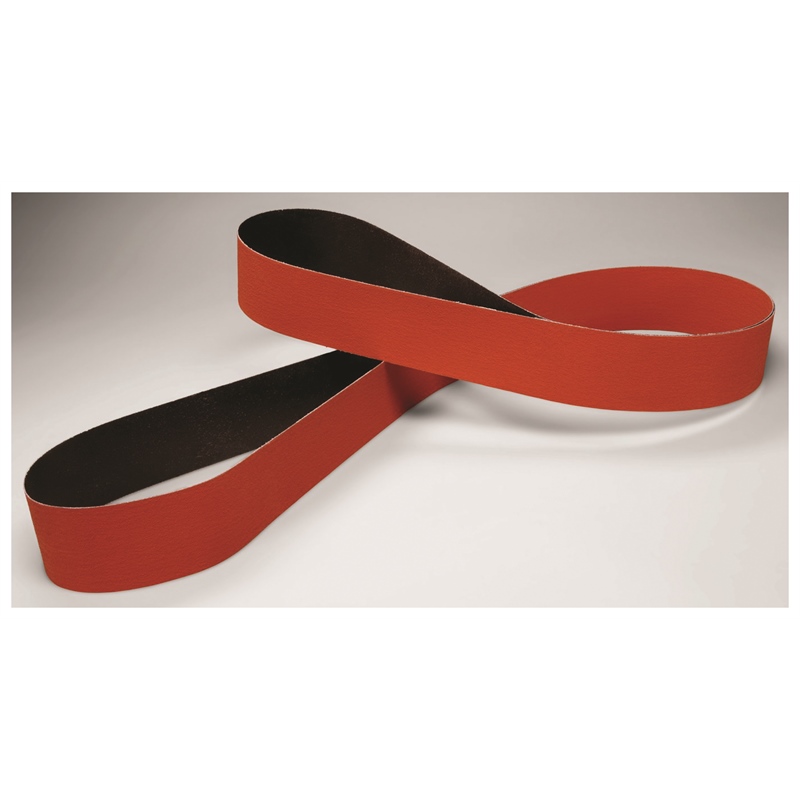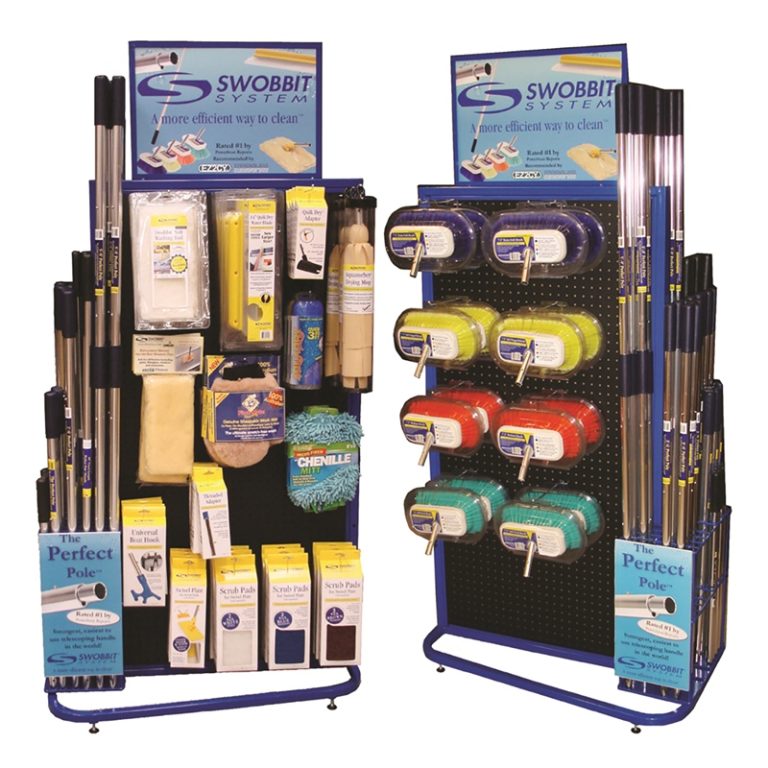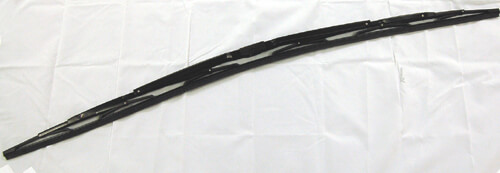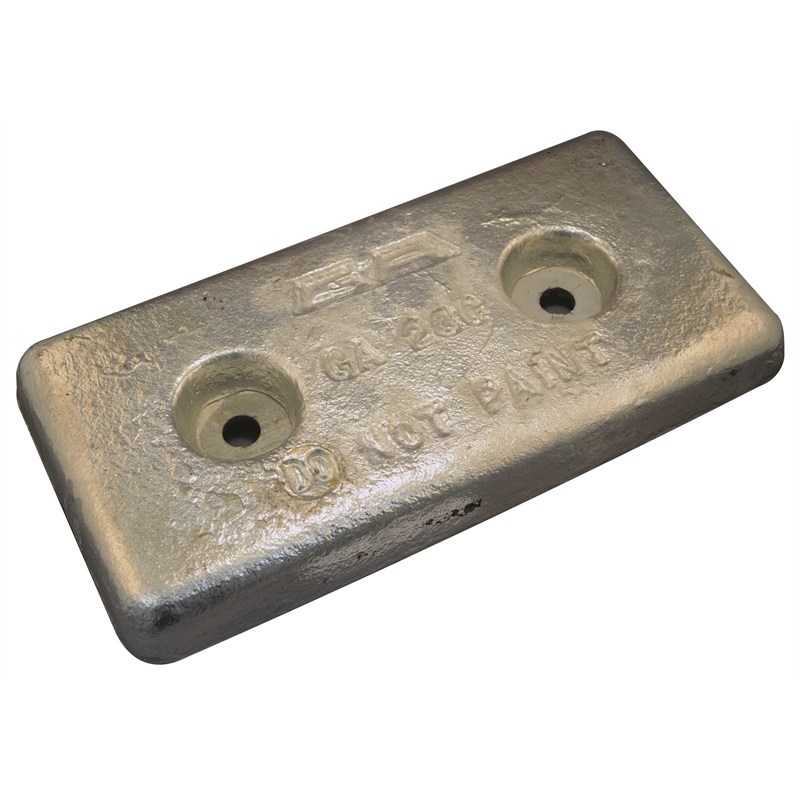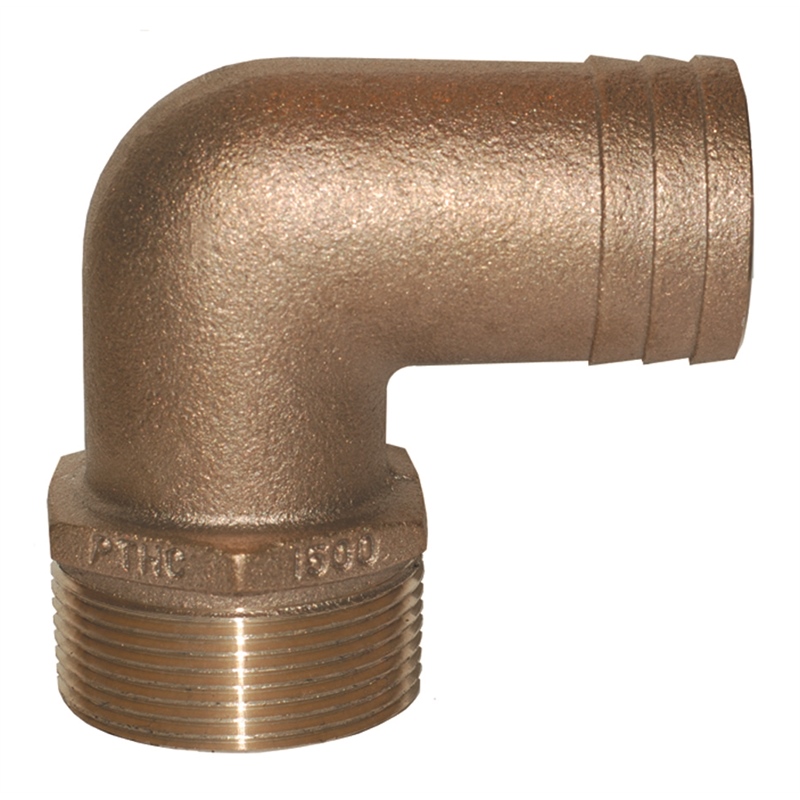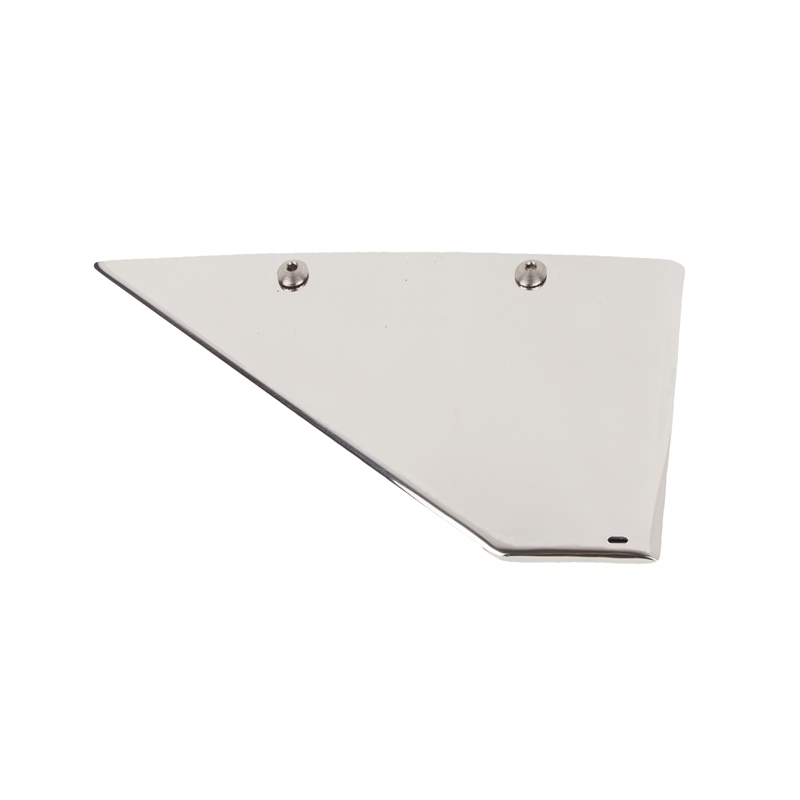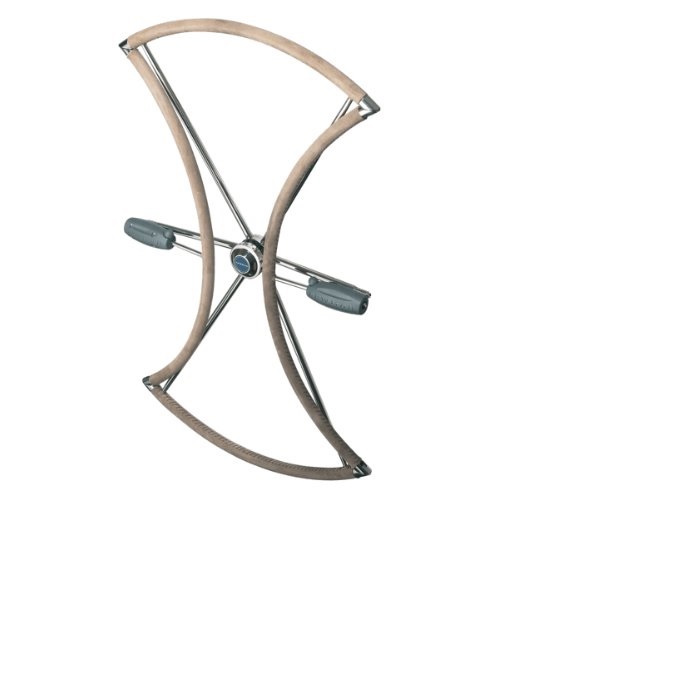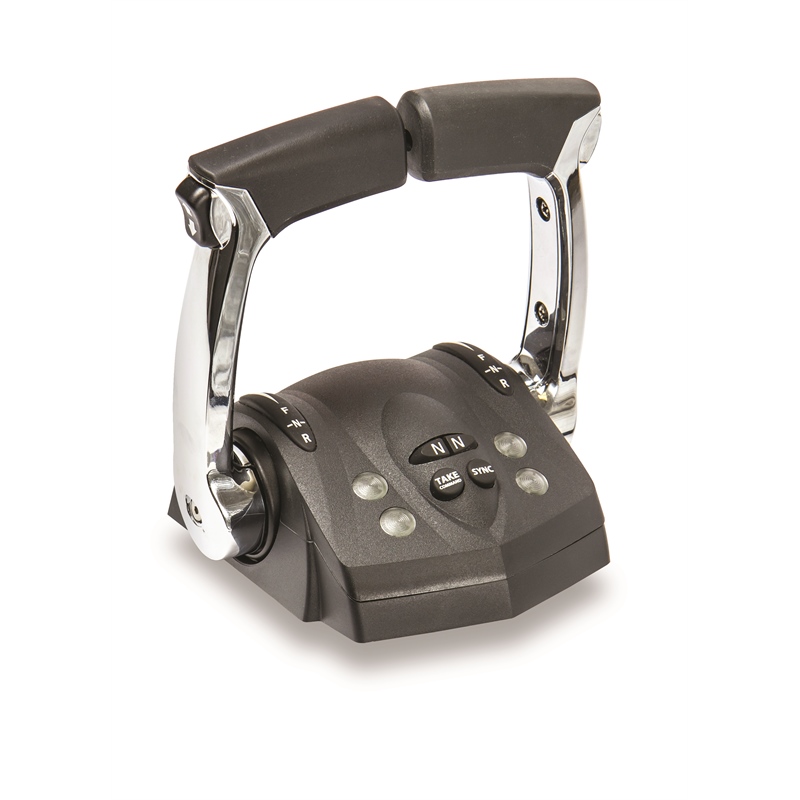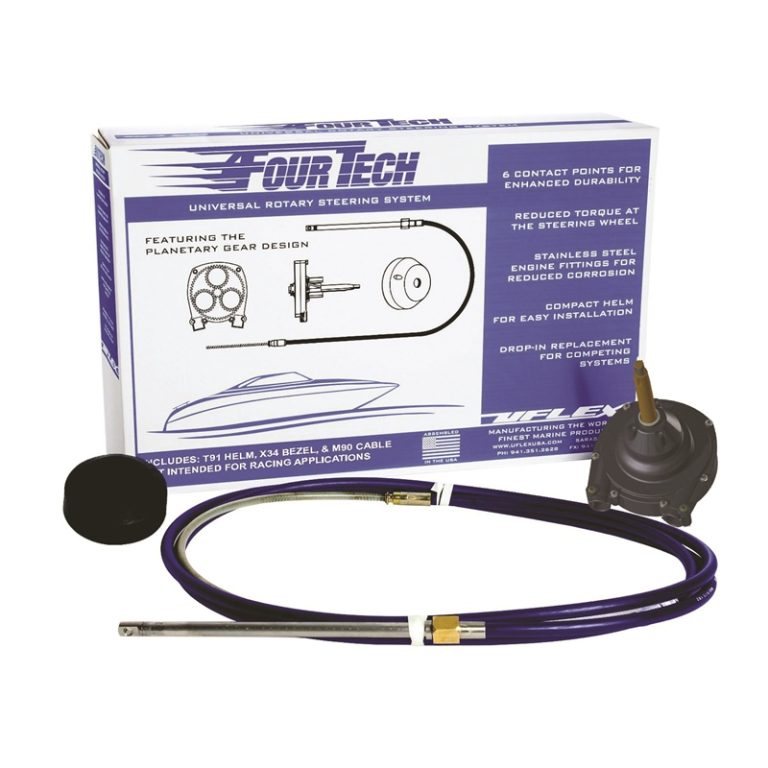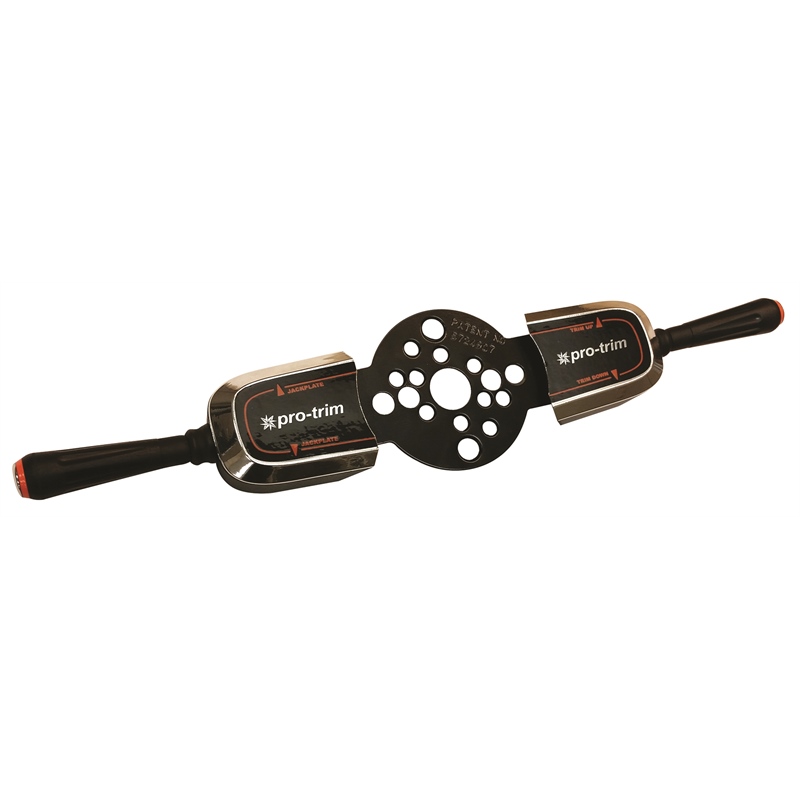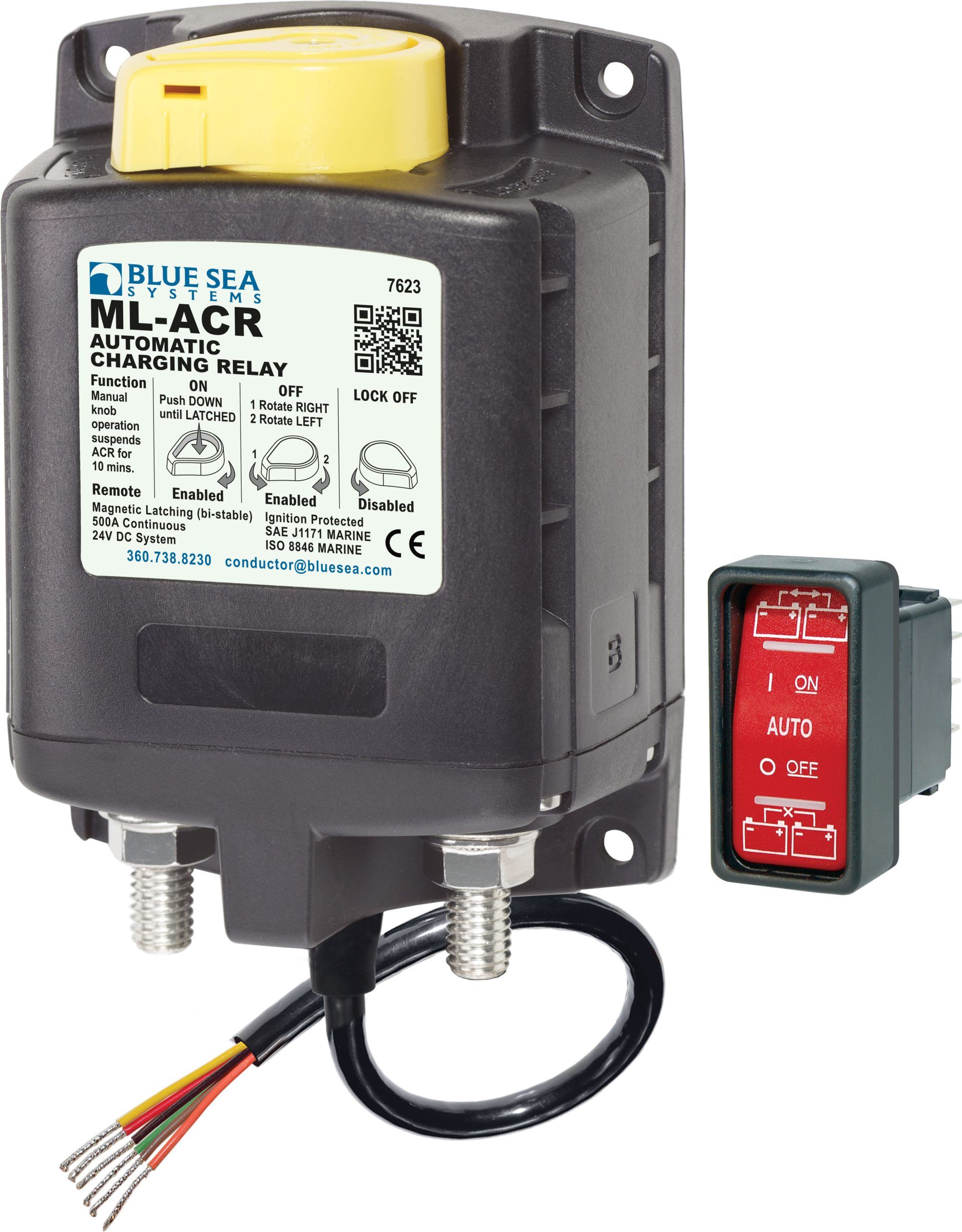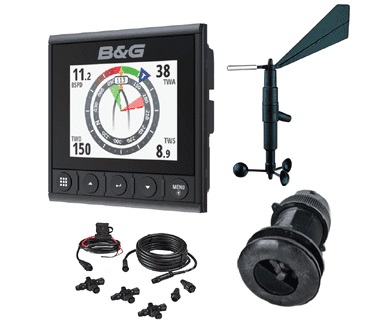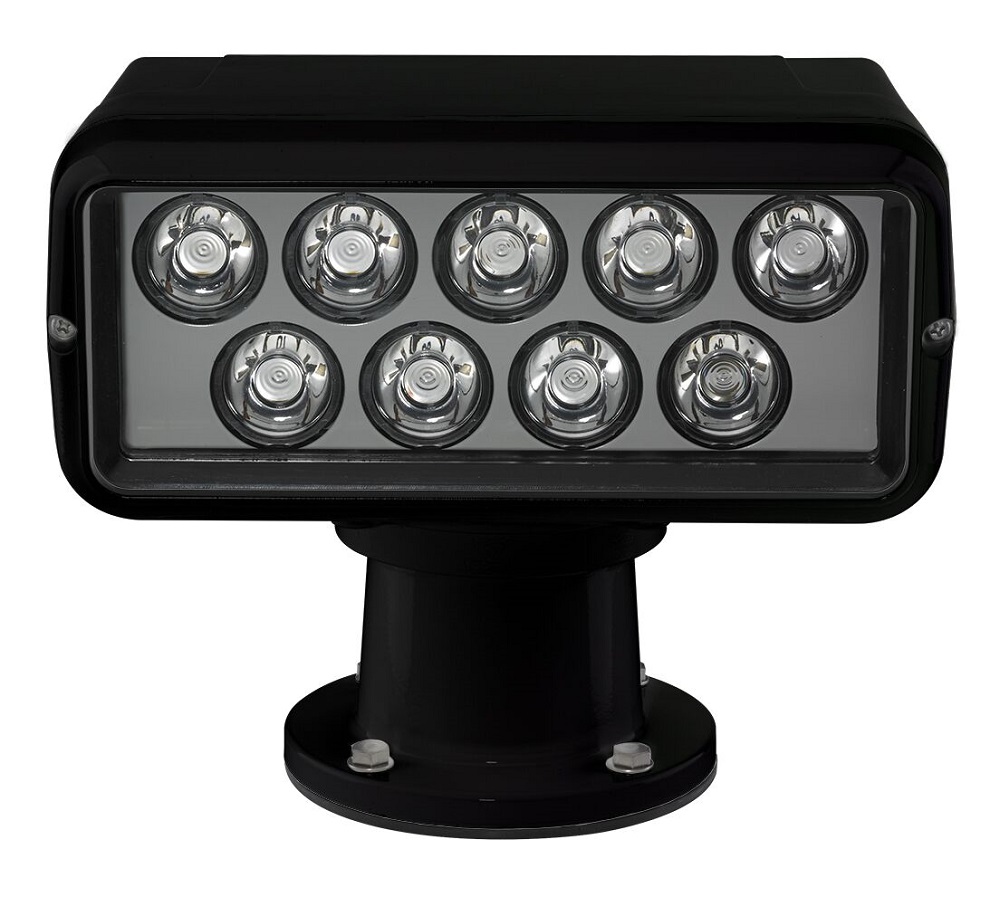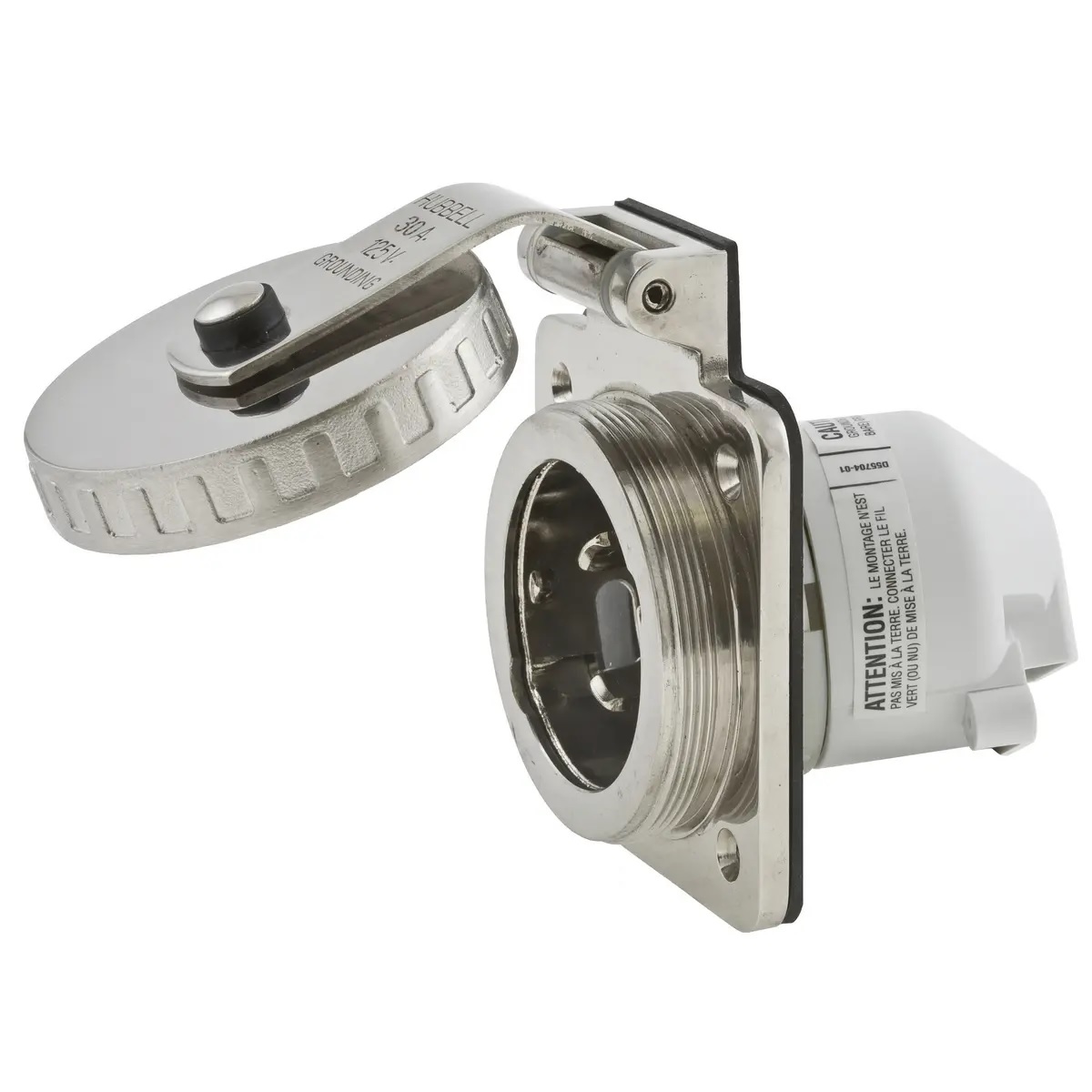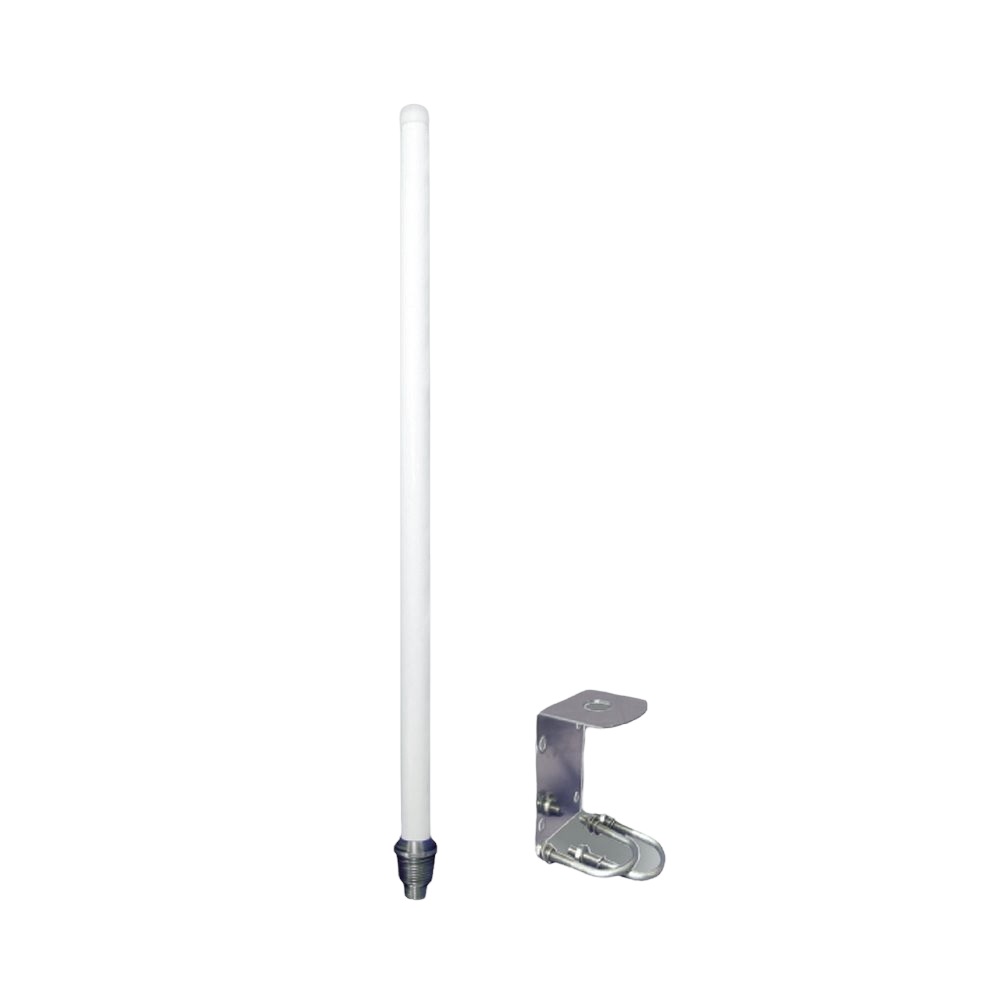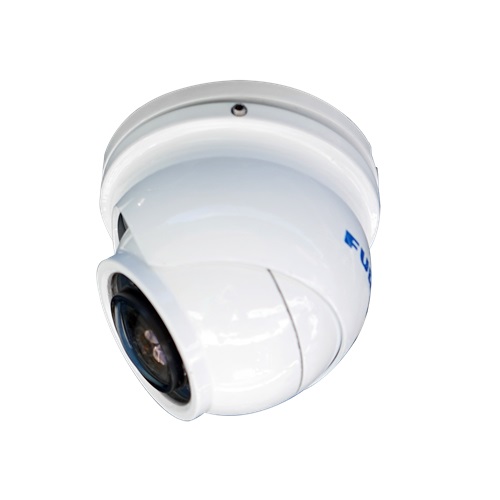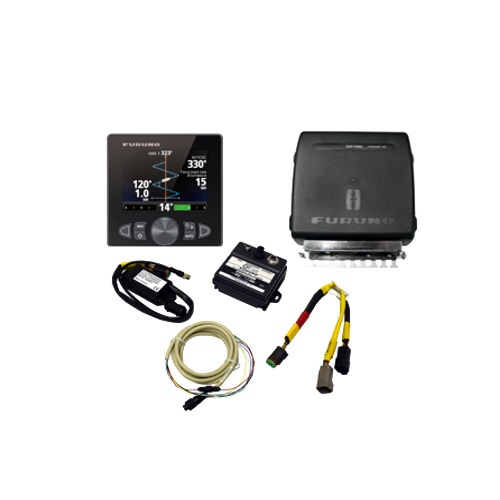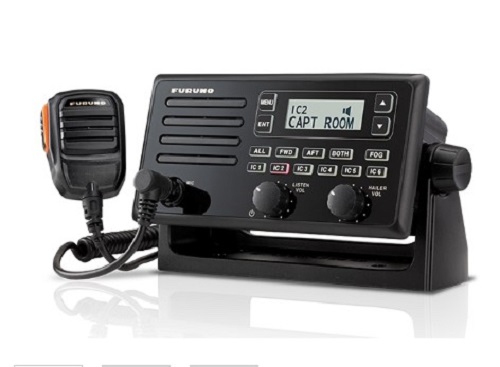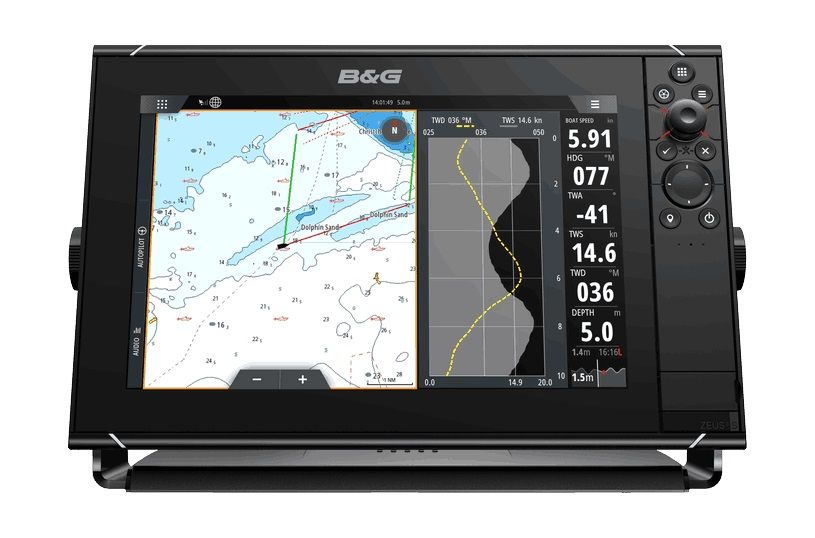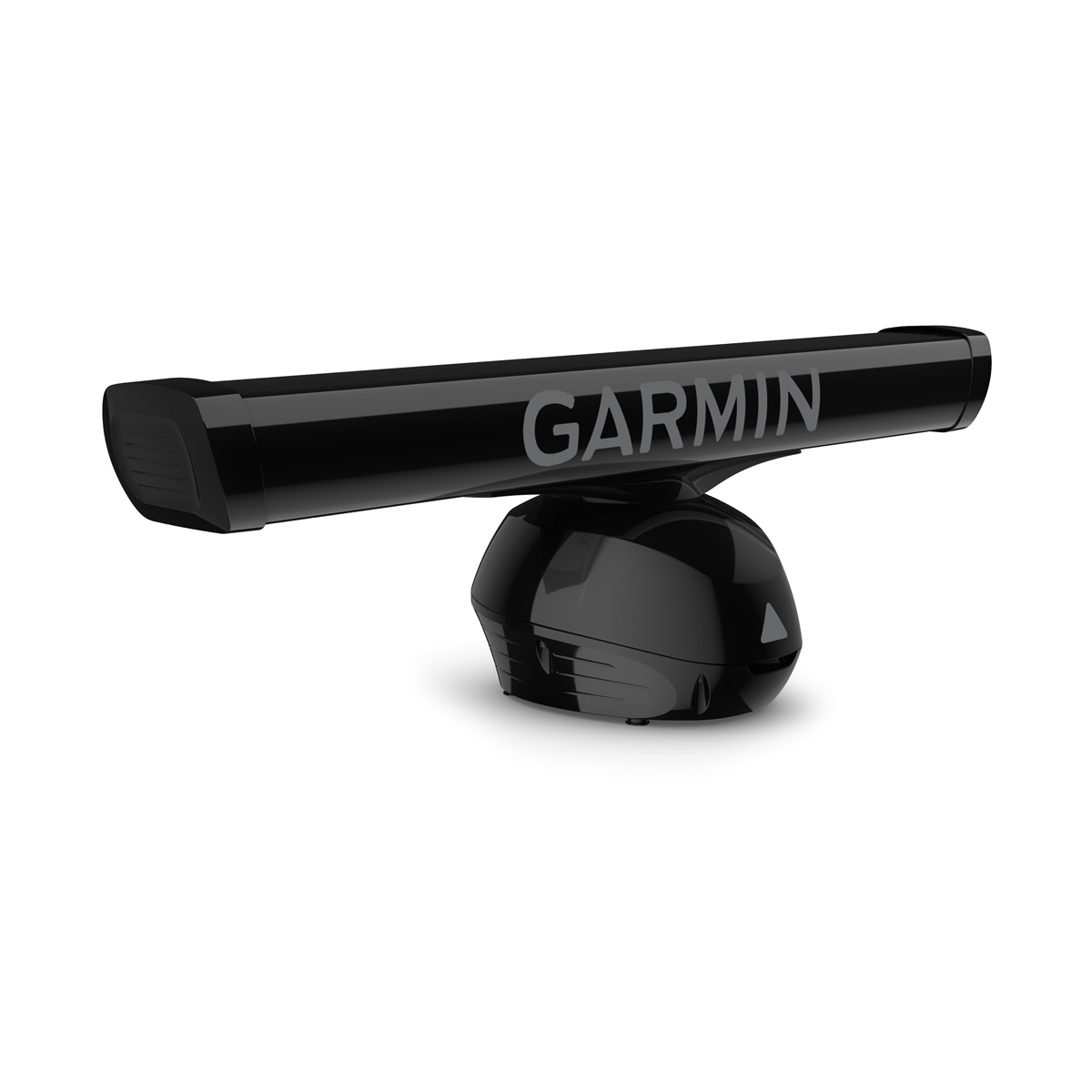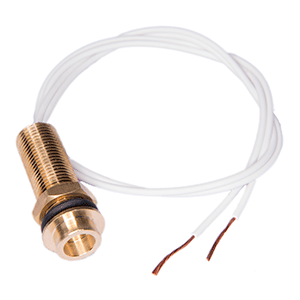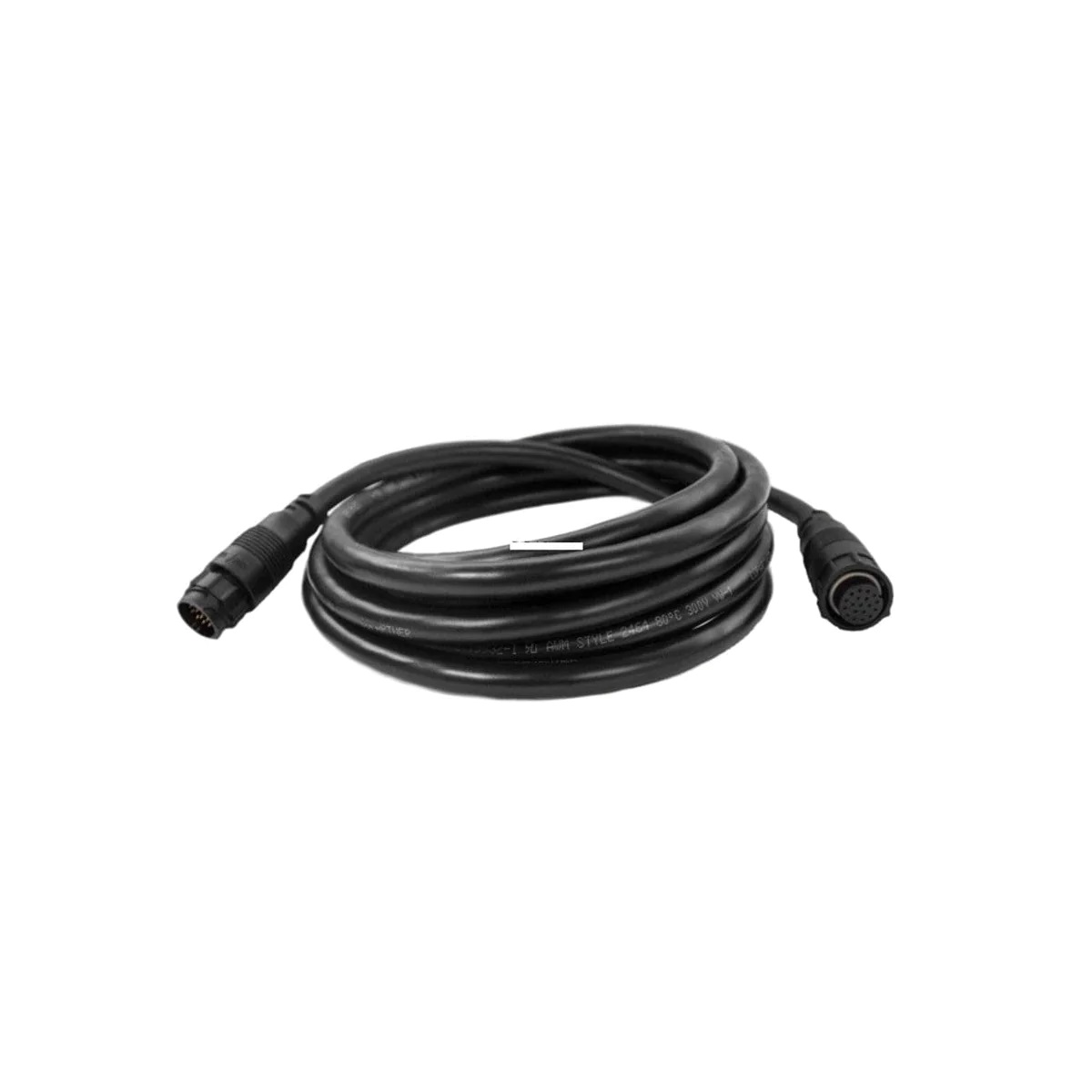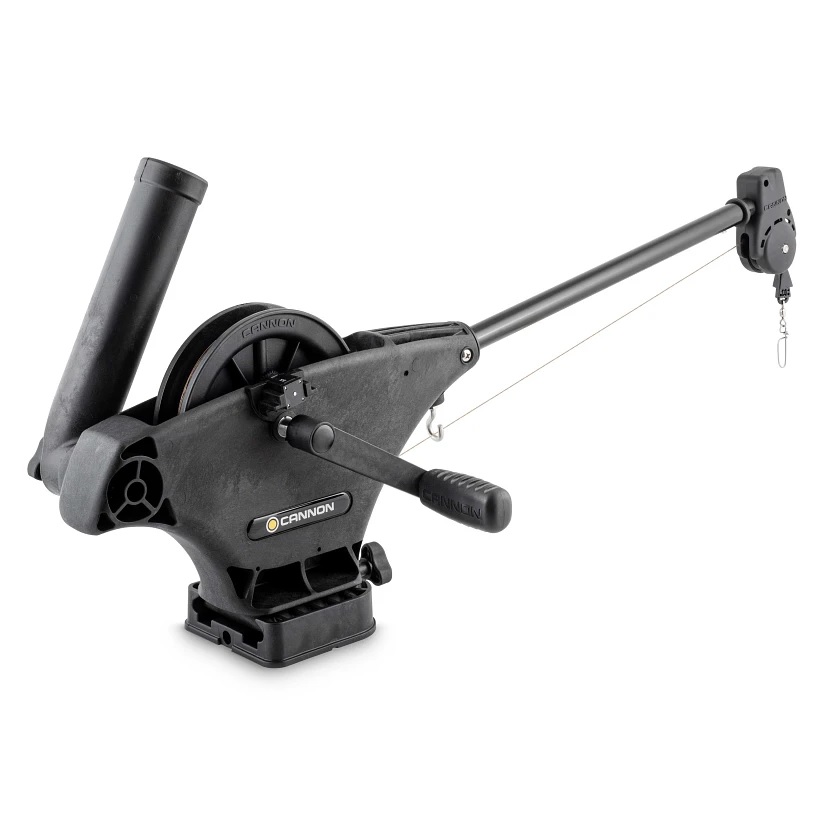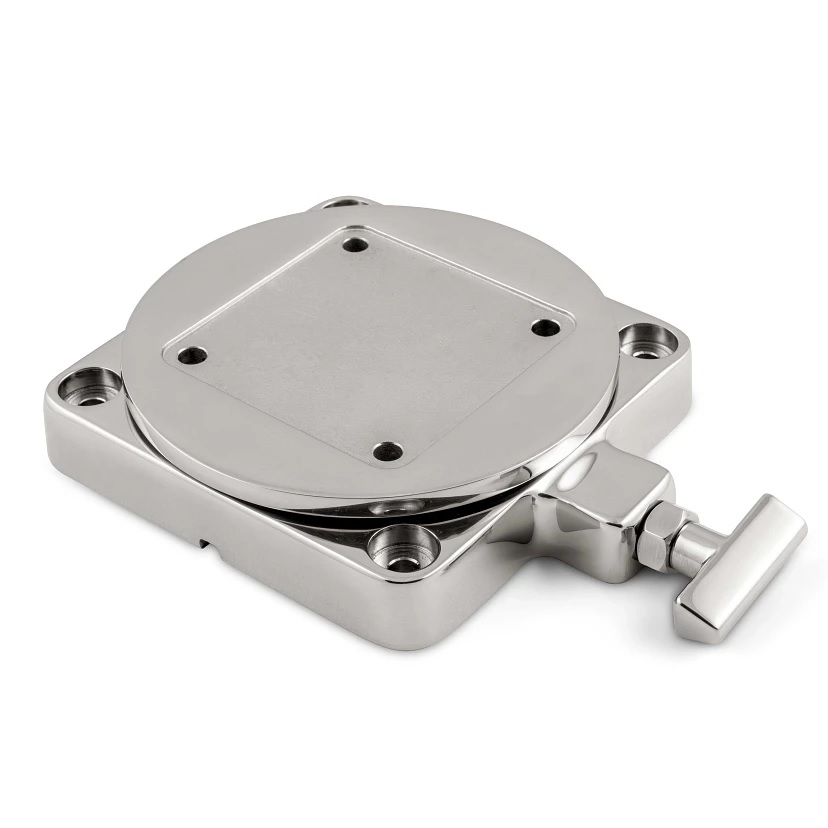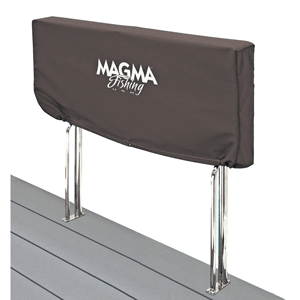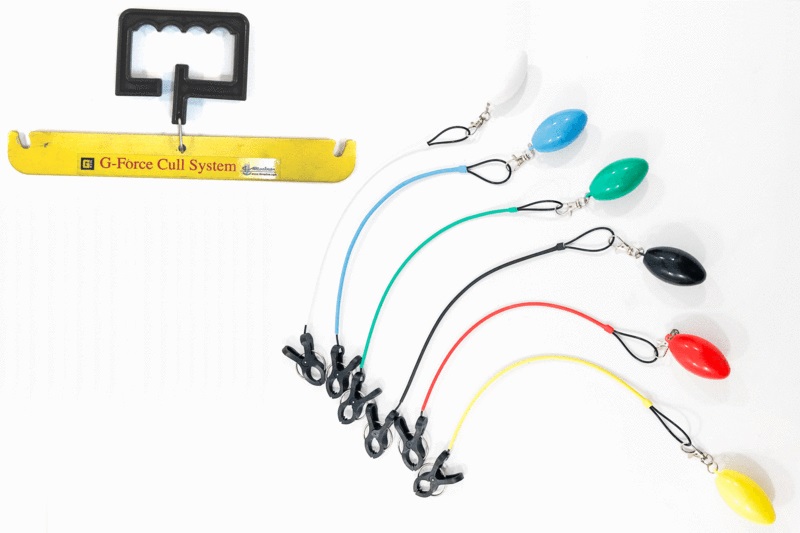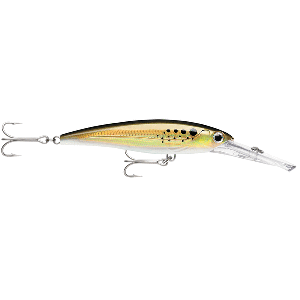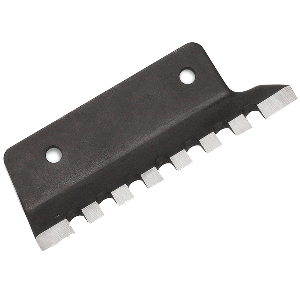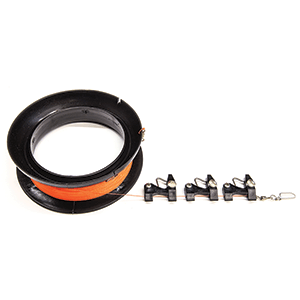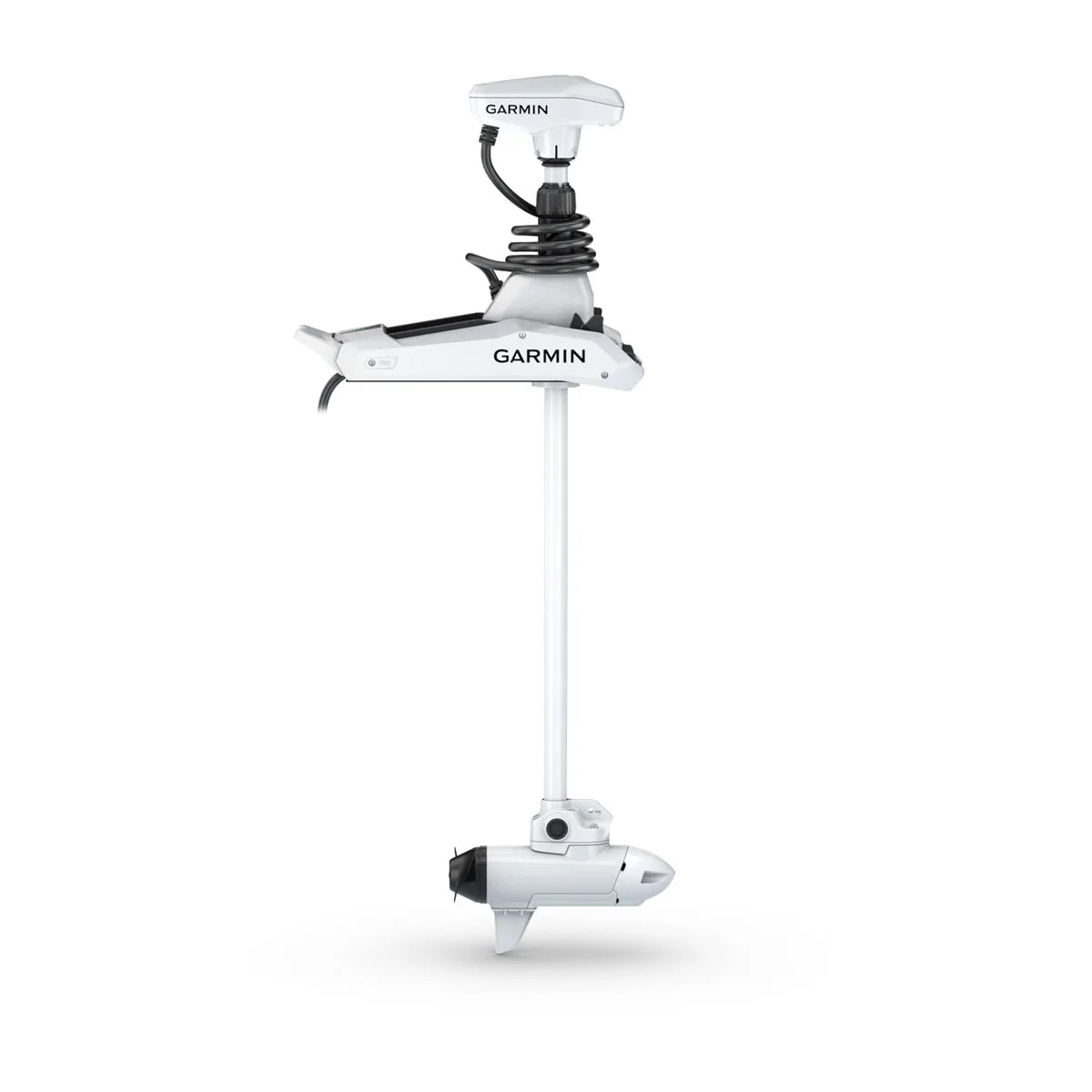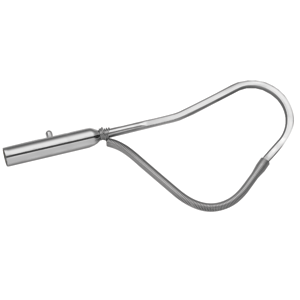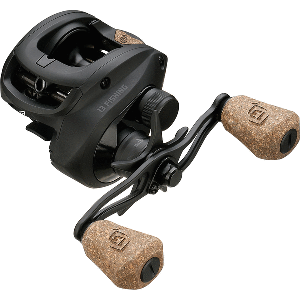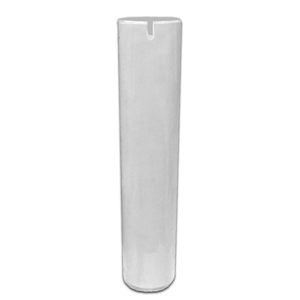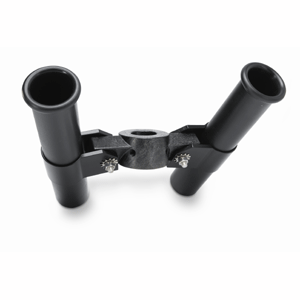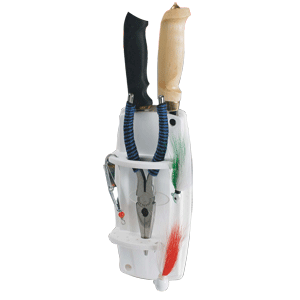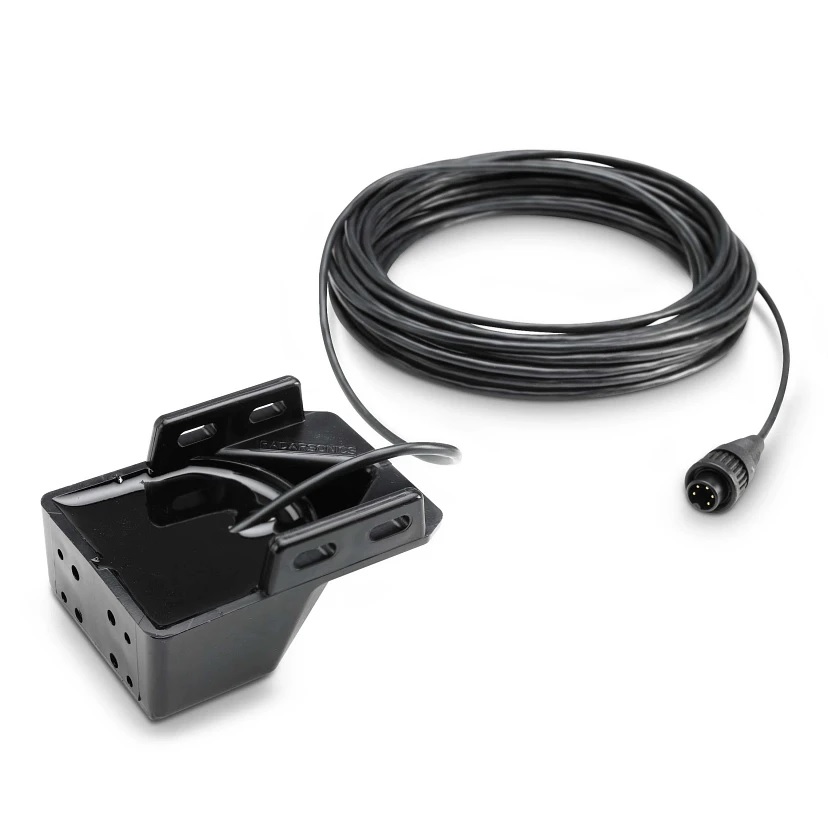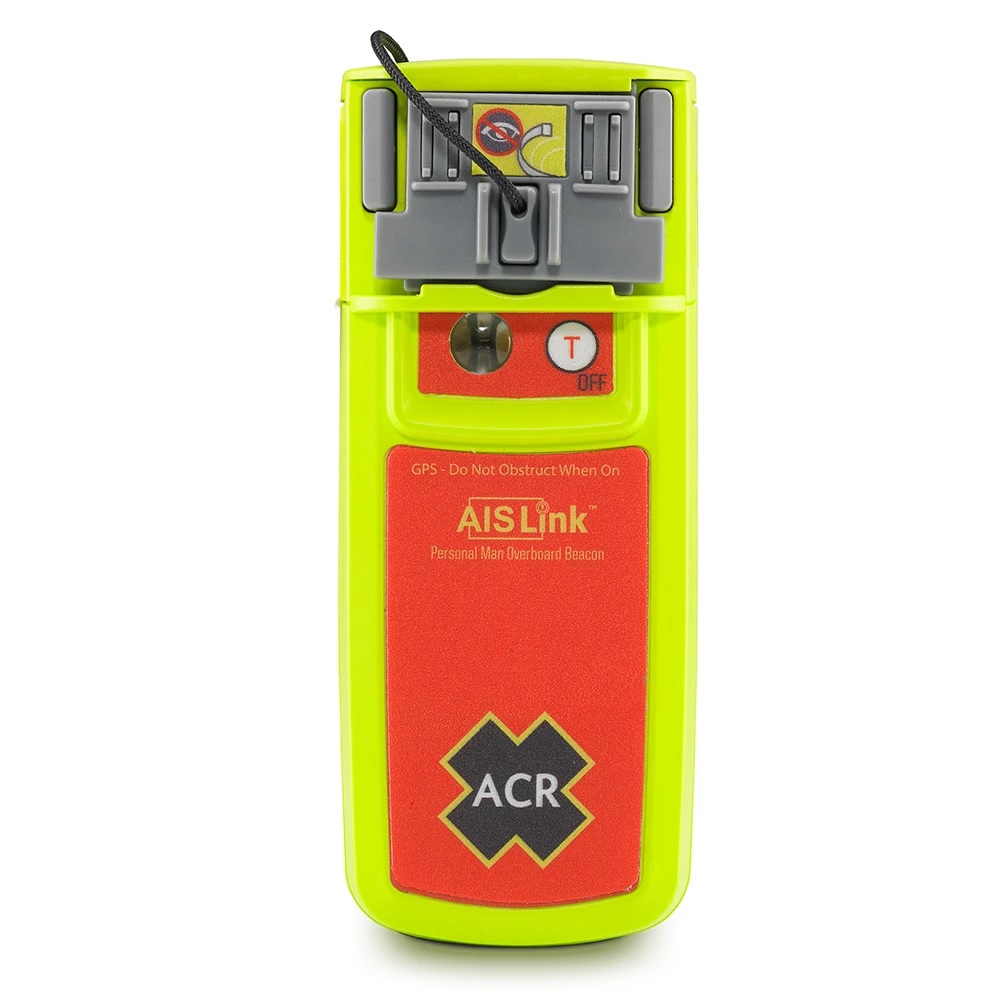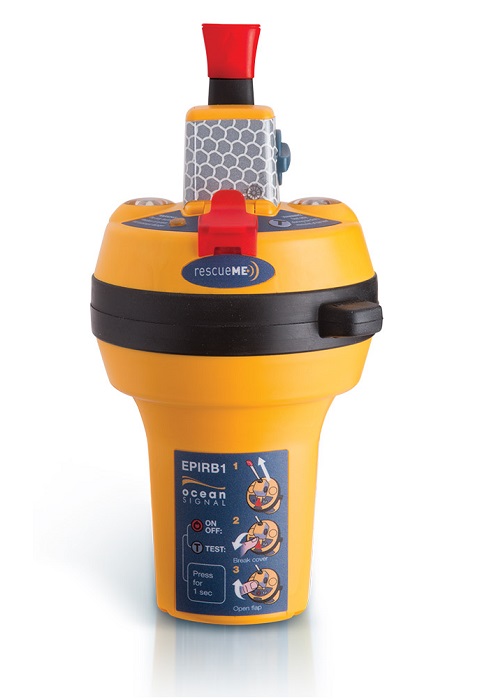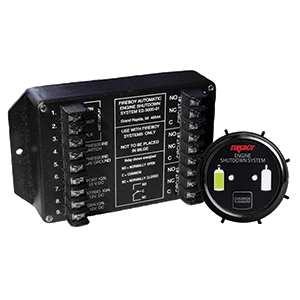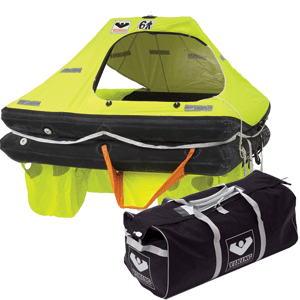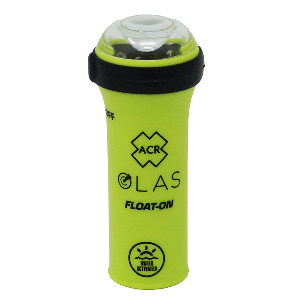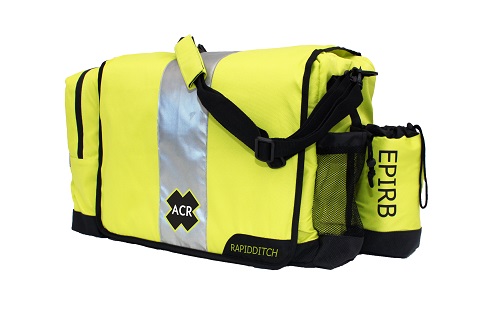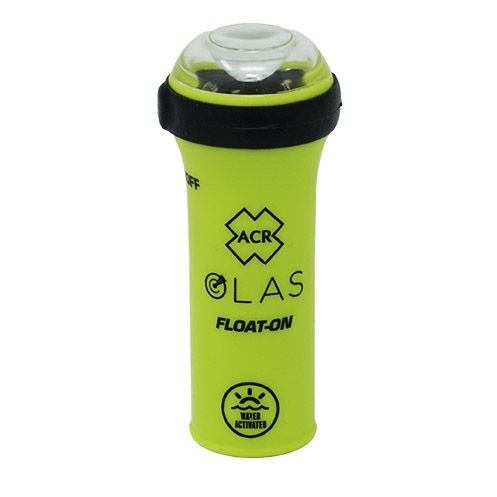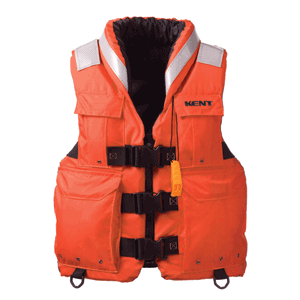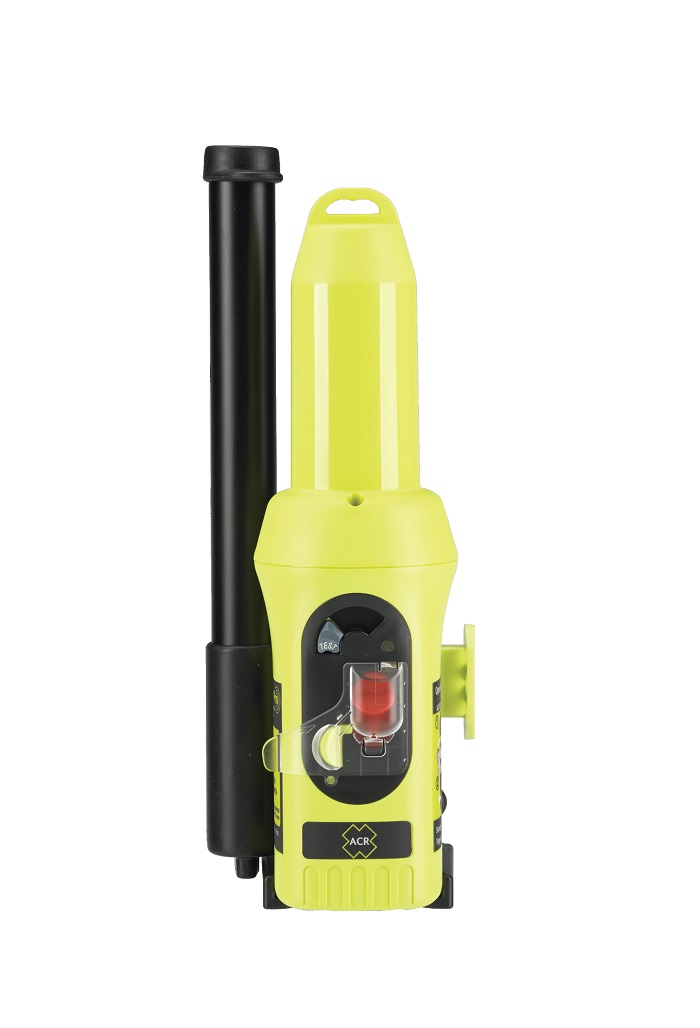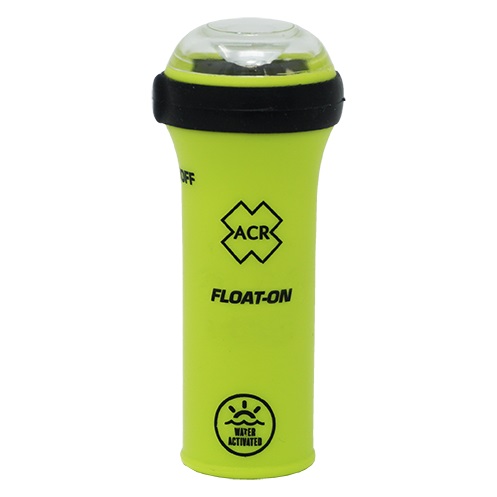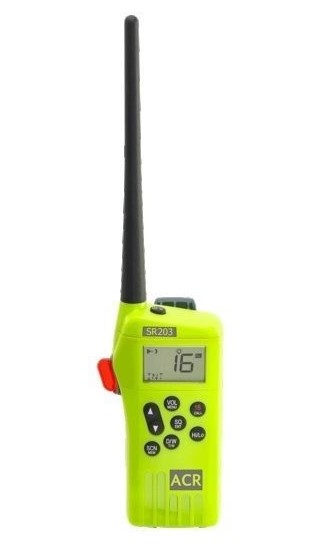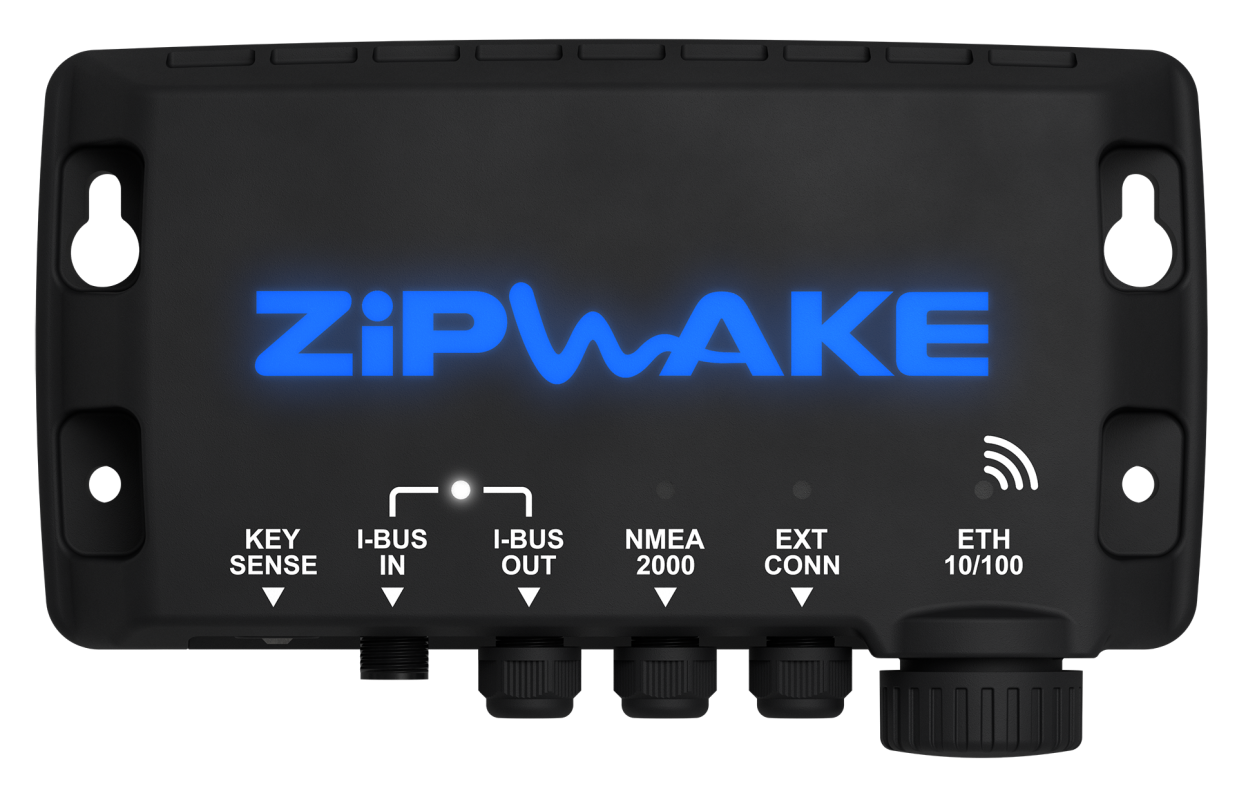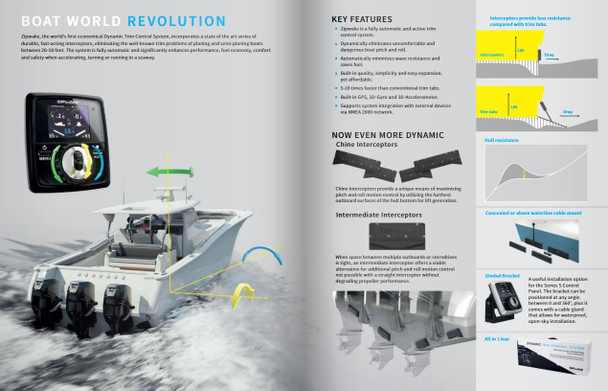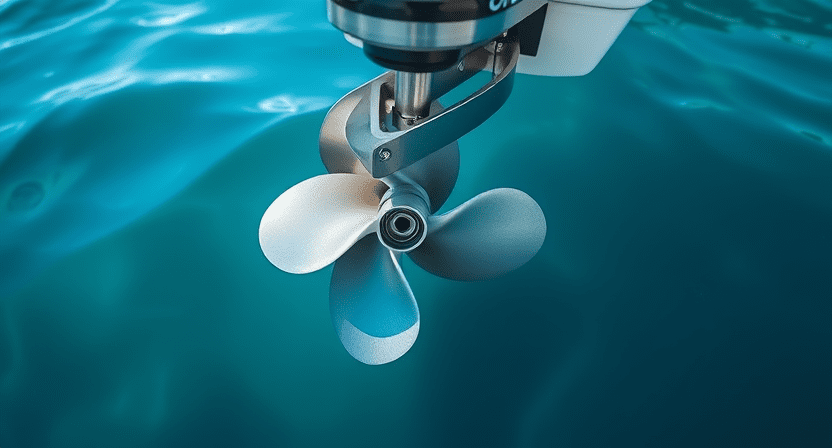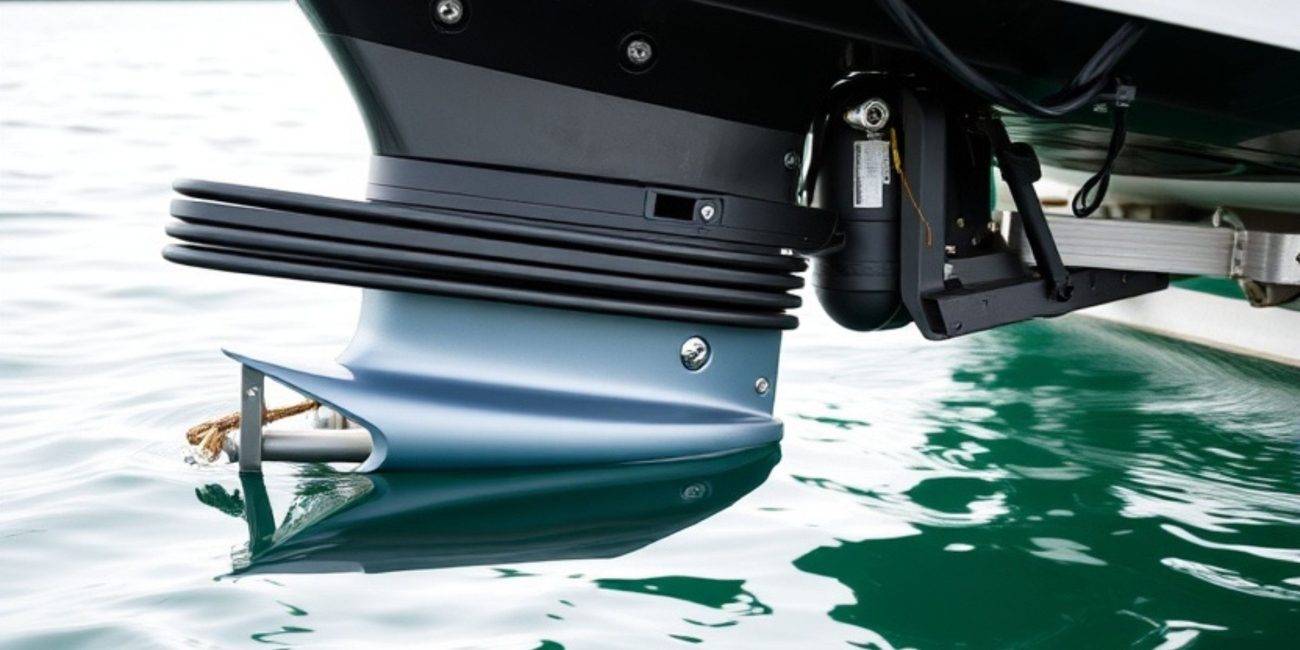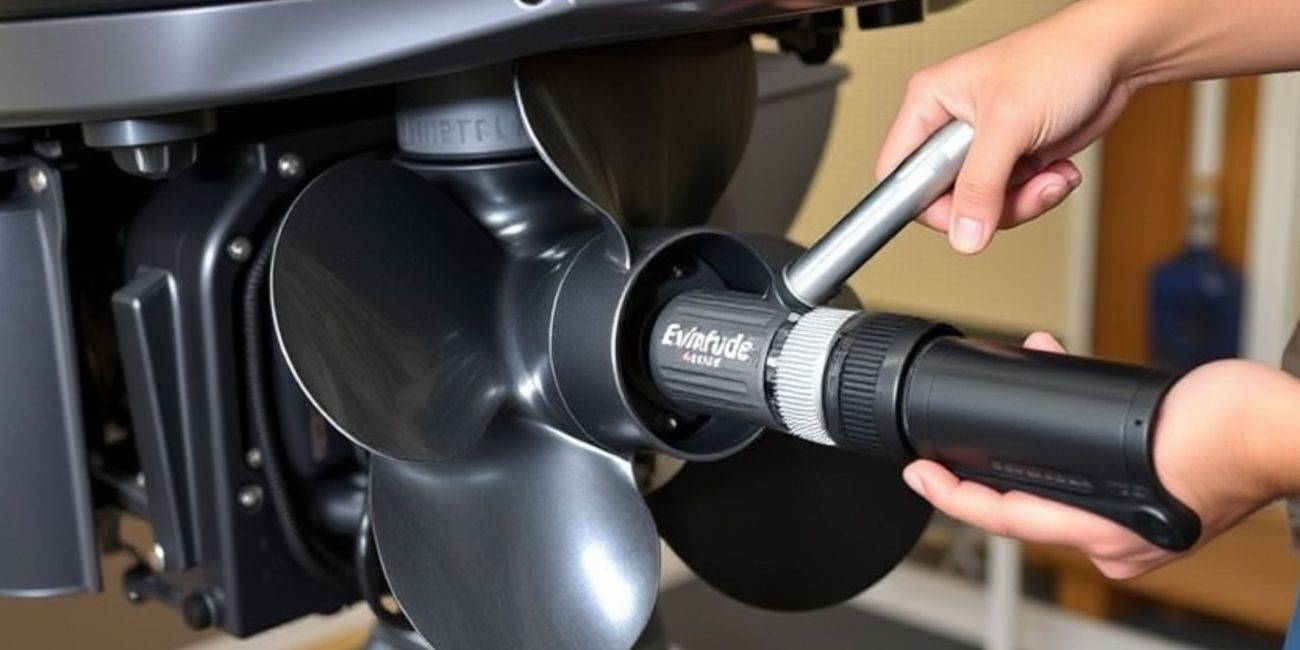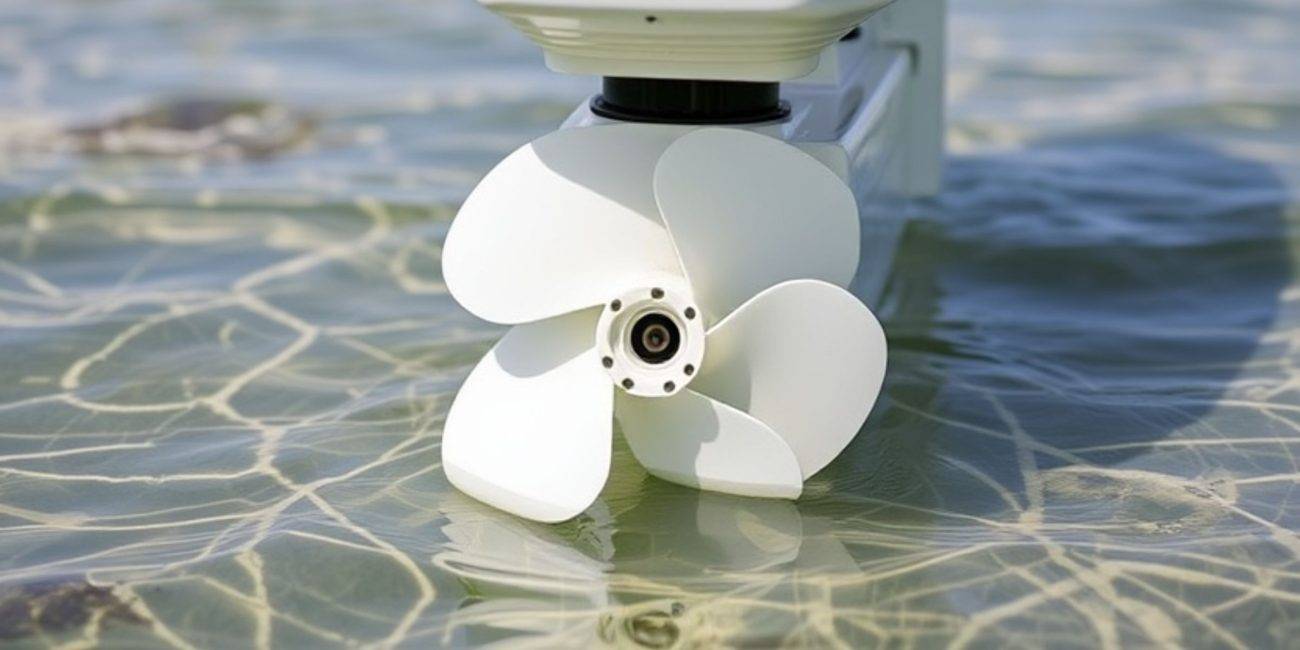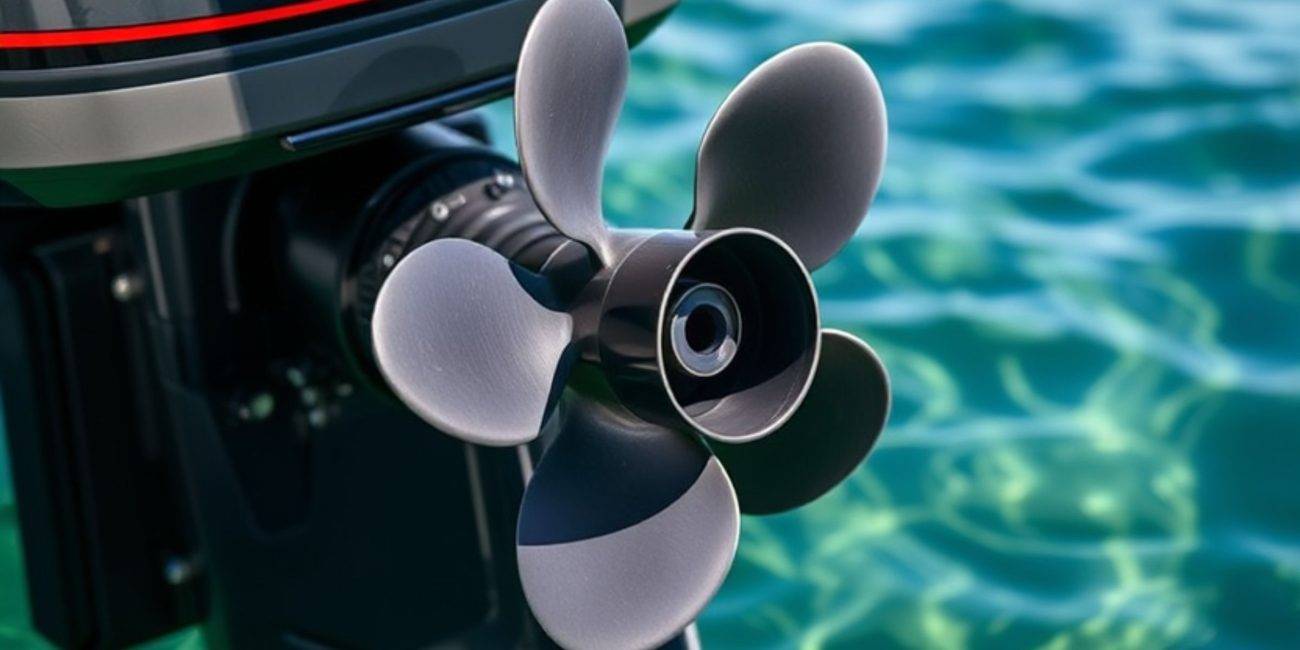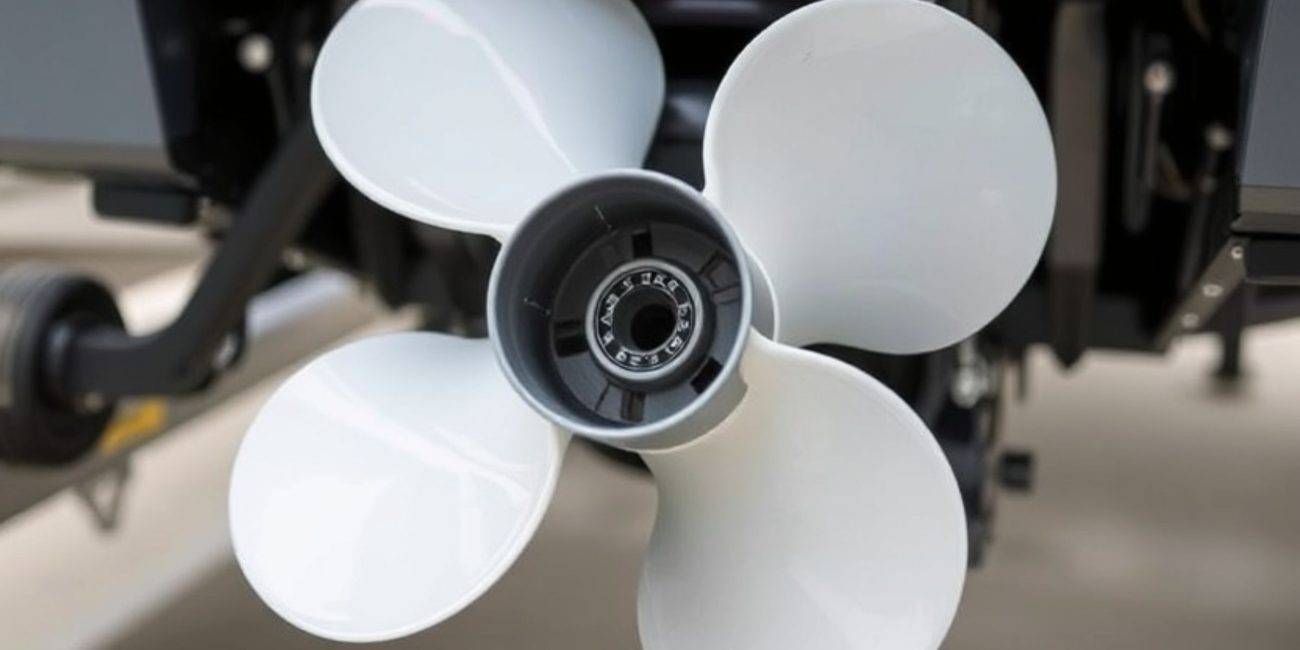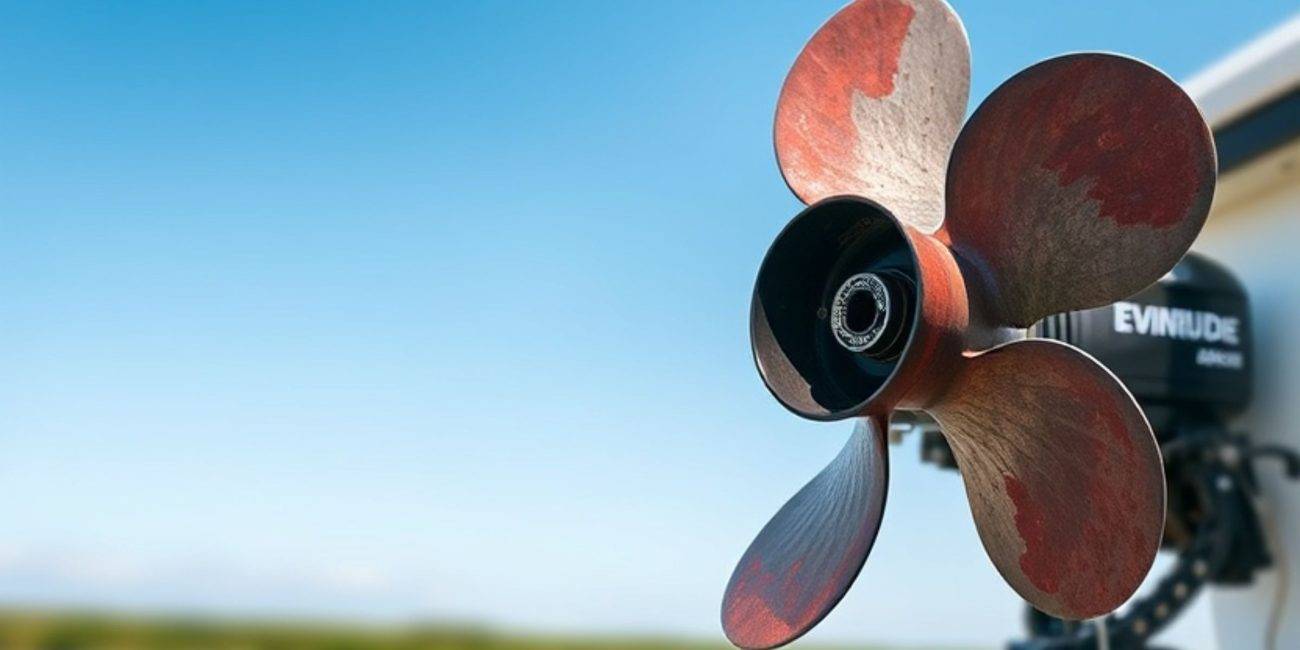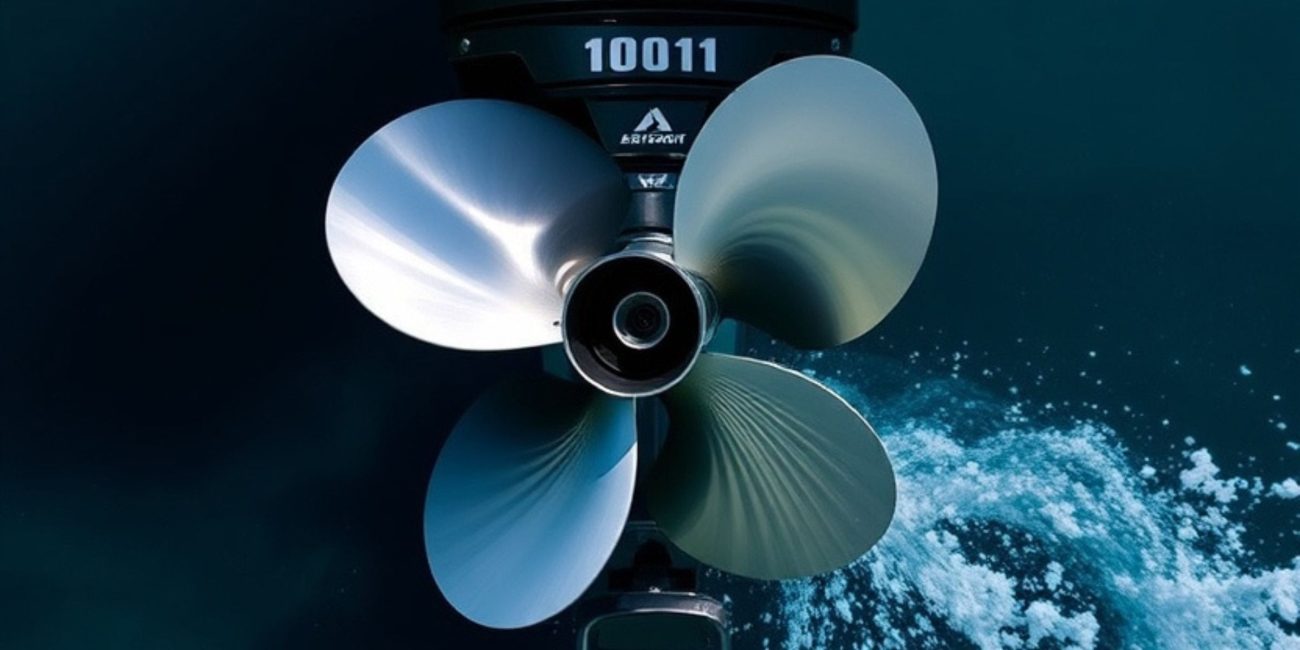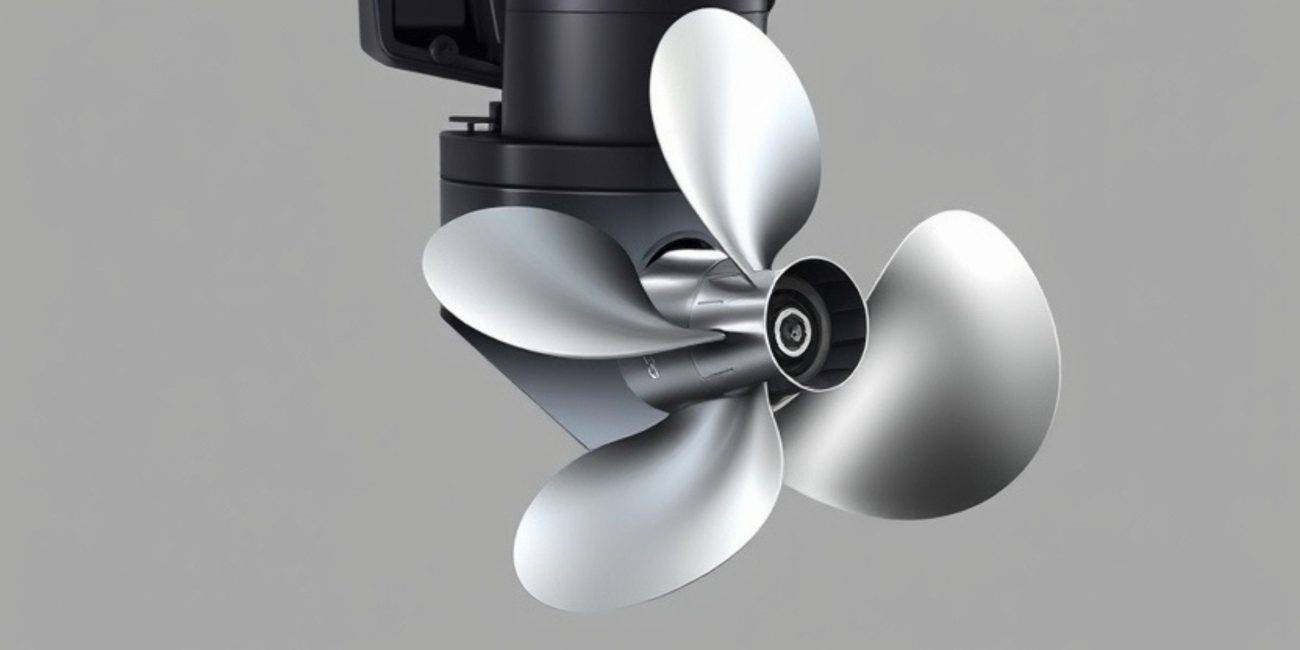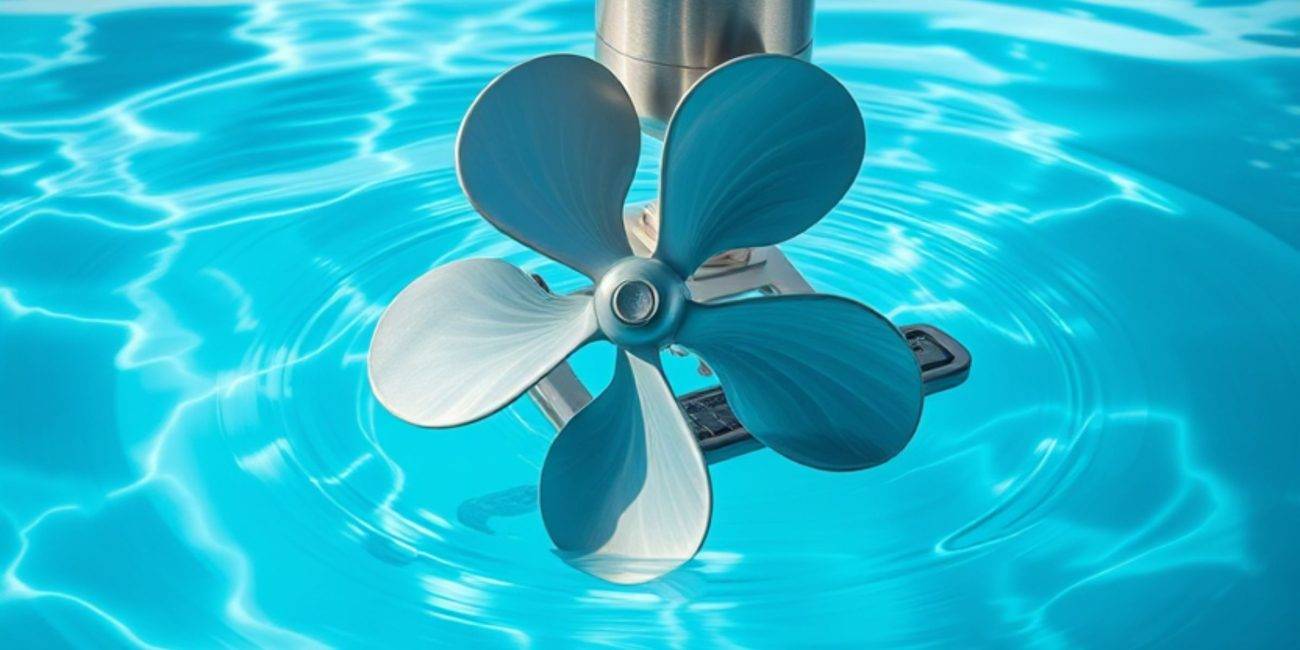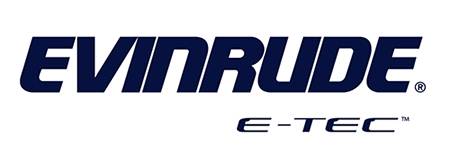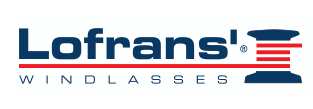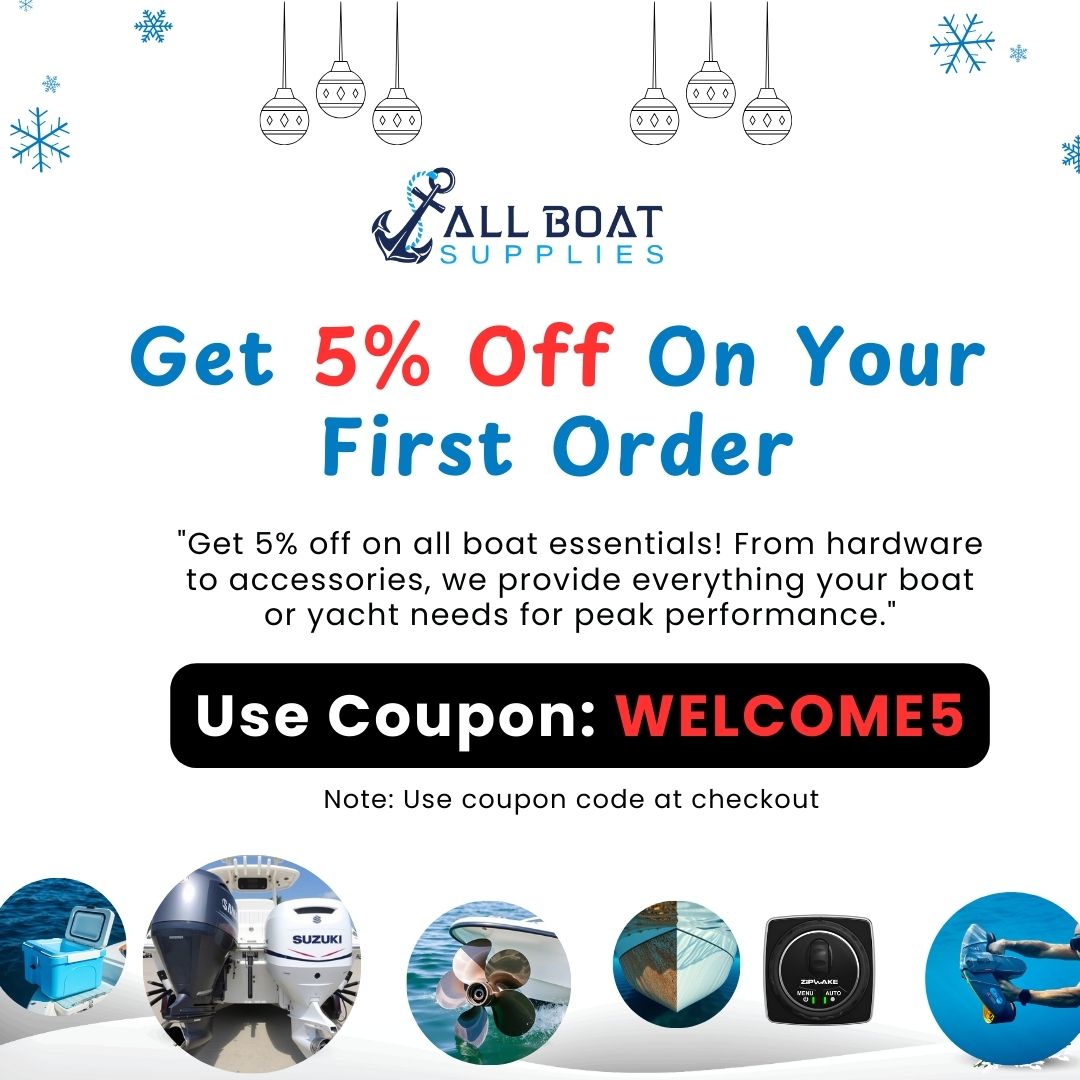Maintenance Tips for Zipwake Systems
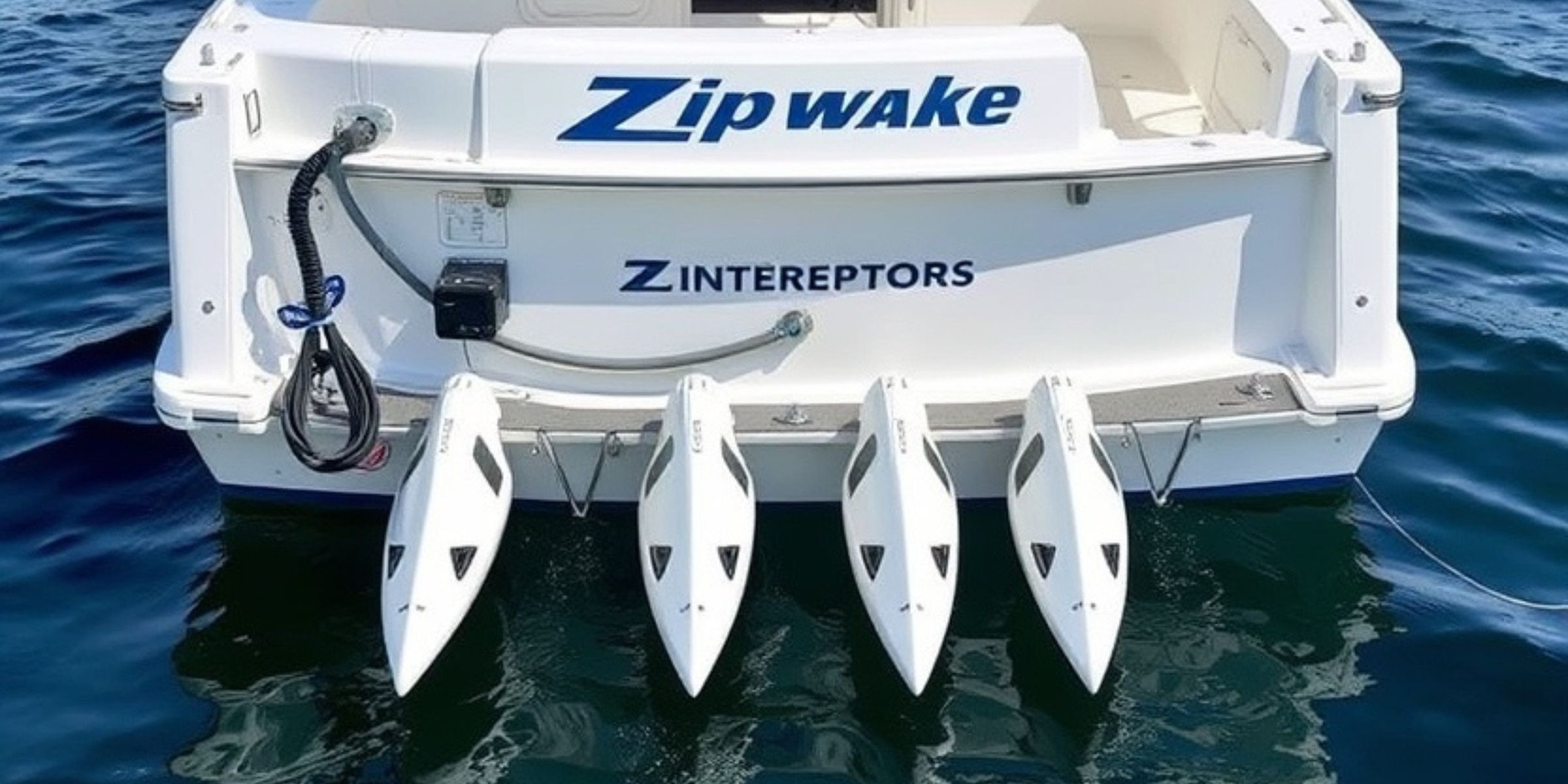
Top 10 Maintenance Tips for Zipwake Systems to Maximize Performance
Introduction
The Zipwake system is an advanced dynamic trim control system designed to enhance boat performance, stability, and fuel efficiency. Regular maintenance of your Zipwake system is essential to ensure it operates at its best and remains durable in challenging marine environments.
This guide provides the top 10 maintenance tips for Zipwake systems, focusing on practical advice to keep your system in top condition.
Understanding the Importance of Zipwake System Maintenance
The Zipwake system uses interceptors to optimize your boat’s trim, reducing drag and improving fuel efficiency. Without proper maintenance, the system can become less effective, leading to performance issues and higher operational costs.
Top 10 Maintenance Tips for Zipwake Systems
1. Regularly Inspect the Interceptors
Check the interceptors for damage, cracks, or wear after each trip. Saltwater and debris can cause corrosion or buildup, which affects their functionality.
2. Clean the Interceptors Thoroughly
Remove any barnacles, algae, or marine growth from the interceptor blades. Use a soft brush and marine-grade cleaner to avoid scratches.
3. Check the Control Panel
Inspect the control panel for software updates or malfunctioning buttons. Keeping the software updated ensures optimal system performance.
4. Lubricate Moving Parts
Apply marine-grade lubricant to the interceptor’s moving parts to prevent rust and ensure smooth operation. Avoid over-lubricating, as it can attract debris.
5. Monitor Hydraulic Lines
Ensure hydraulic lines are free of leaks or cracks. Damaged lines can reduce the interceptor’s responsiveness and compromise the system’s performance.
6. Test the System Periodically
Perform a full system test before heading out to sea. Activate the interceptors and ensure they respond correctly to commands from the control panel.
7. Protect Against Corrosion
Use corrosion inhibitors on metal components, especially if you operate in saltwater environments. Regularly rinse the system with fresh water after use.
8. Tighten Bolts and Mountings
Inspect the bolts and mountings for any signs of loosening. Vibrations during operation can cause parts to become unstable.
9. Replace Worn Components Promptly
If you notice wear on any part of the system, replace it immediately. Prolonged use of damaged components can lead to further system failures.
10. Maintain a Service Schedule
Schedule regular professional servicing for your Zipwake system. Technicians can identify and fix issues that might not be visible during routine checks.
Common Mistakes to Avoid During Zipwake Maintenance
- Neglecting Regular Cleaning: Debris buildup can cause operational delays.
- Using Harsh Cleaning Agents: These can damage the system’s sensitive components.
- Ignoring Software Updates: Outdated software can lead to reduced performance.
How Maintenance Improves Zipwake Performance
Proper maintenance keeps the Zipwake system functioning efficiently, enhancing boat stability and reducing drag. A well-maintained system can also improve fuel economy and prolong the lifespan of other boat components, such as the outboard lower unit and propellers.
Real-World Example: A Maintenance Success Story
A boat owner who regularly cleaned and lubricated their Zipwake system reported improved fuel efficiency and smoother rides, even in rough waters. Simple maintenance routines saved them significant repair costs over the years.
Conclusion
Maintaining your Zipwake system is vital for ensuring consistent performance and longevity. By following these top 10 maintenance tips for Zipwake systems, you can avoid costly repairs and maximize your boat’s stability and efficiency. Regular care not only keeps the system in top condition but also enhances your overall boating experience.
Powerful Keyphrase: Zipwake System Maintenance
Related Content:
Check out our previous blog, “Why Propeller Design Matters for Speed and Efficiency”, to learn more about optimizing your boat’s performance.
